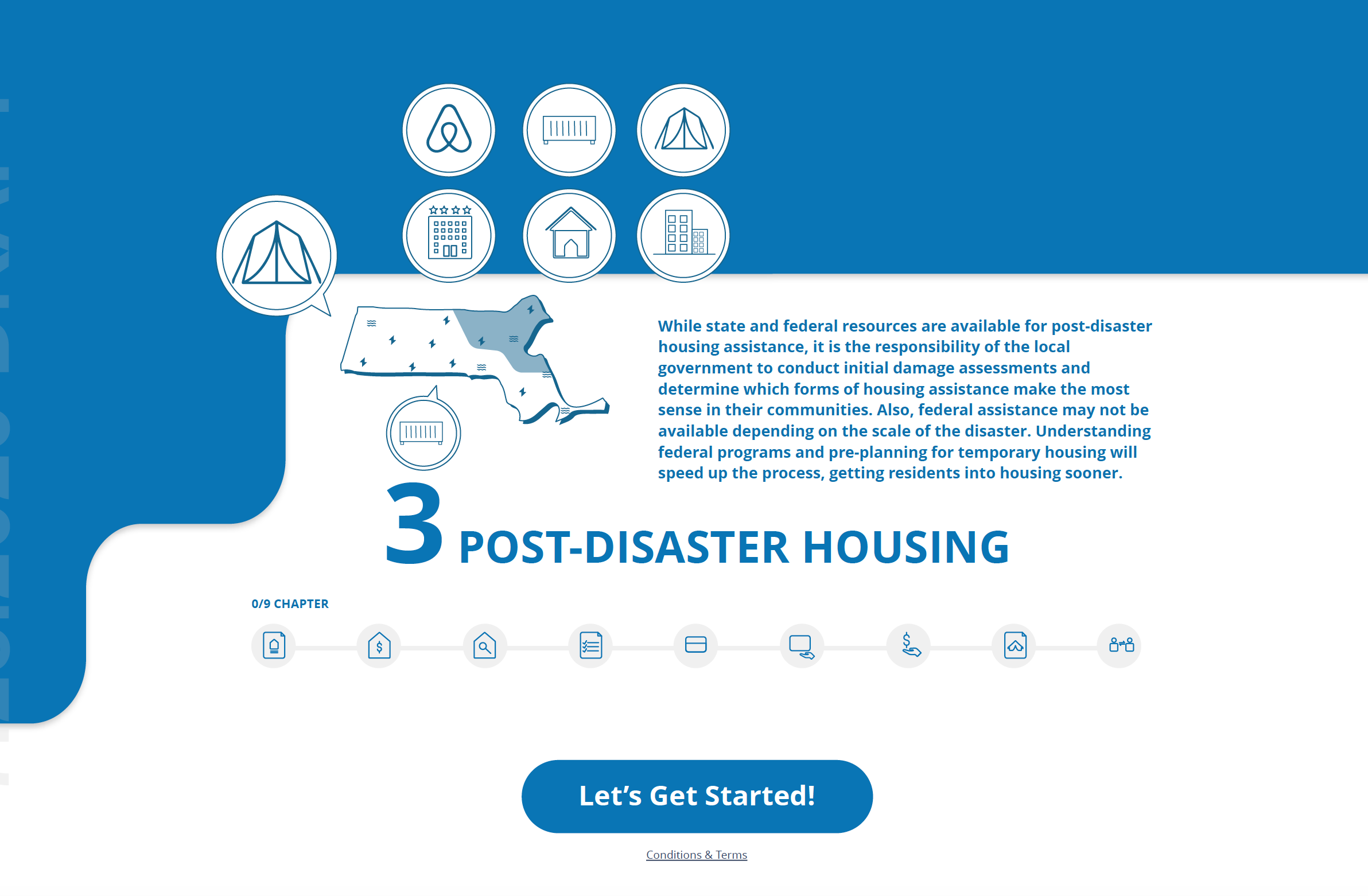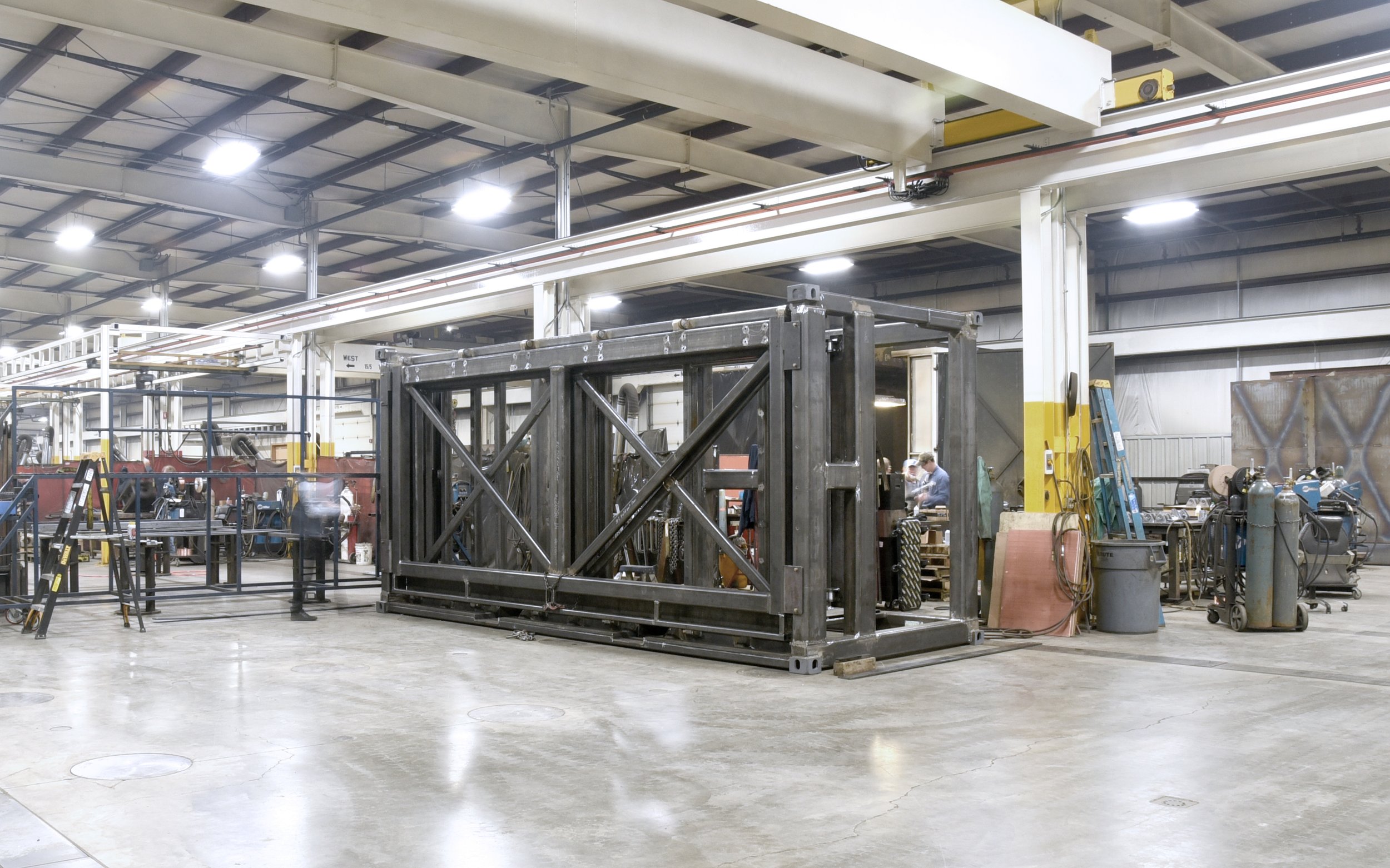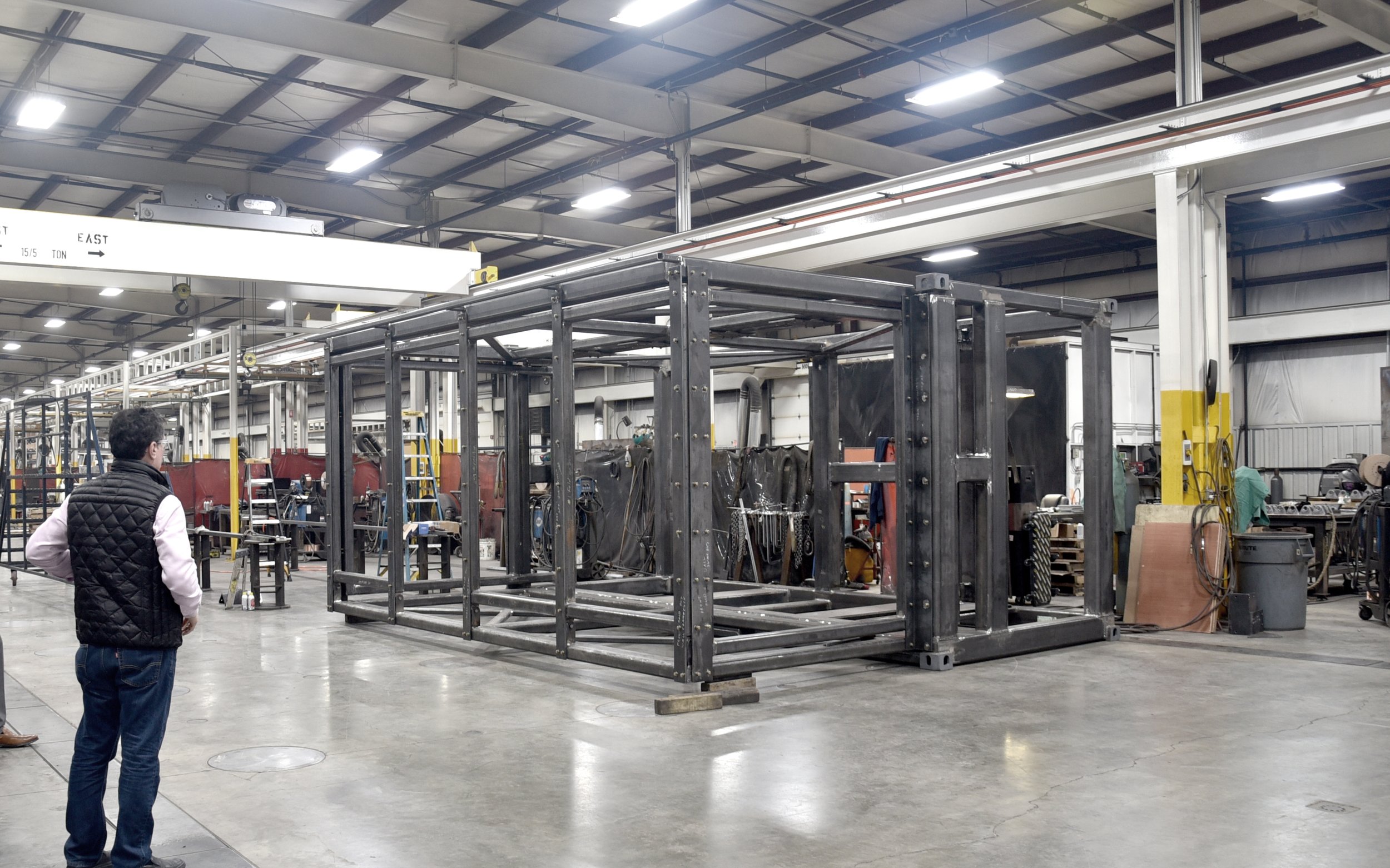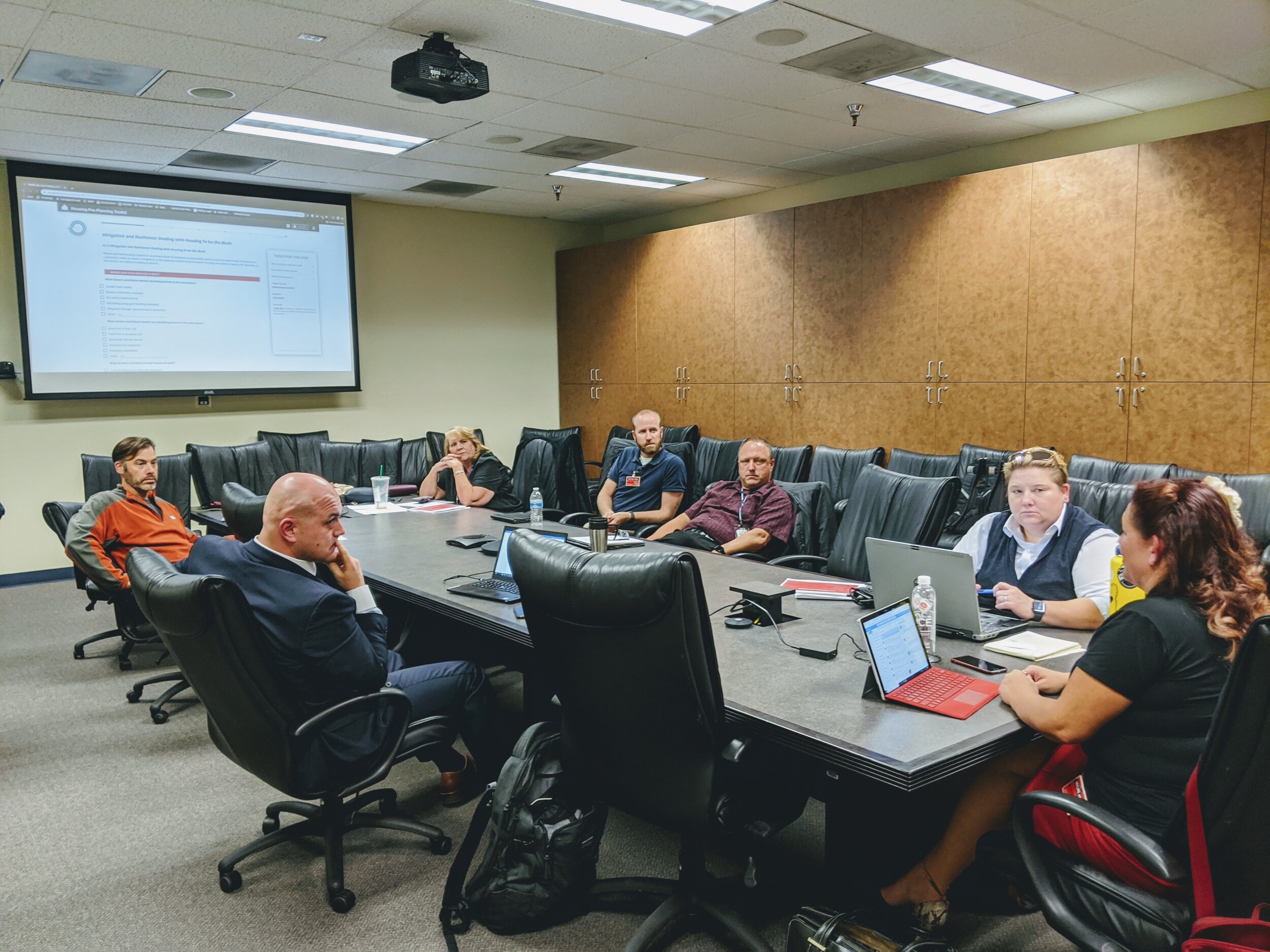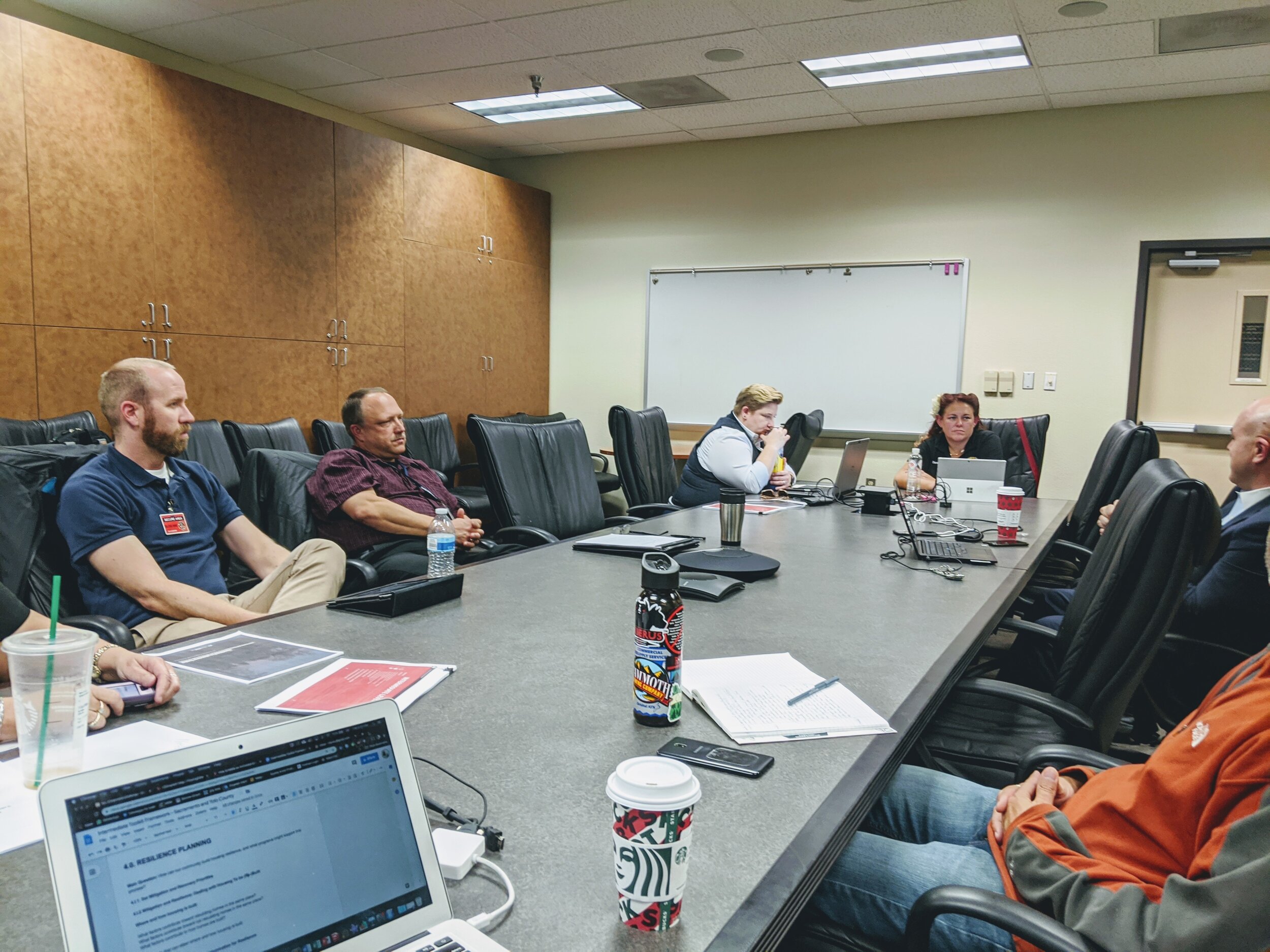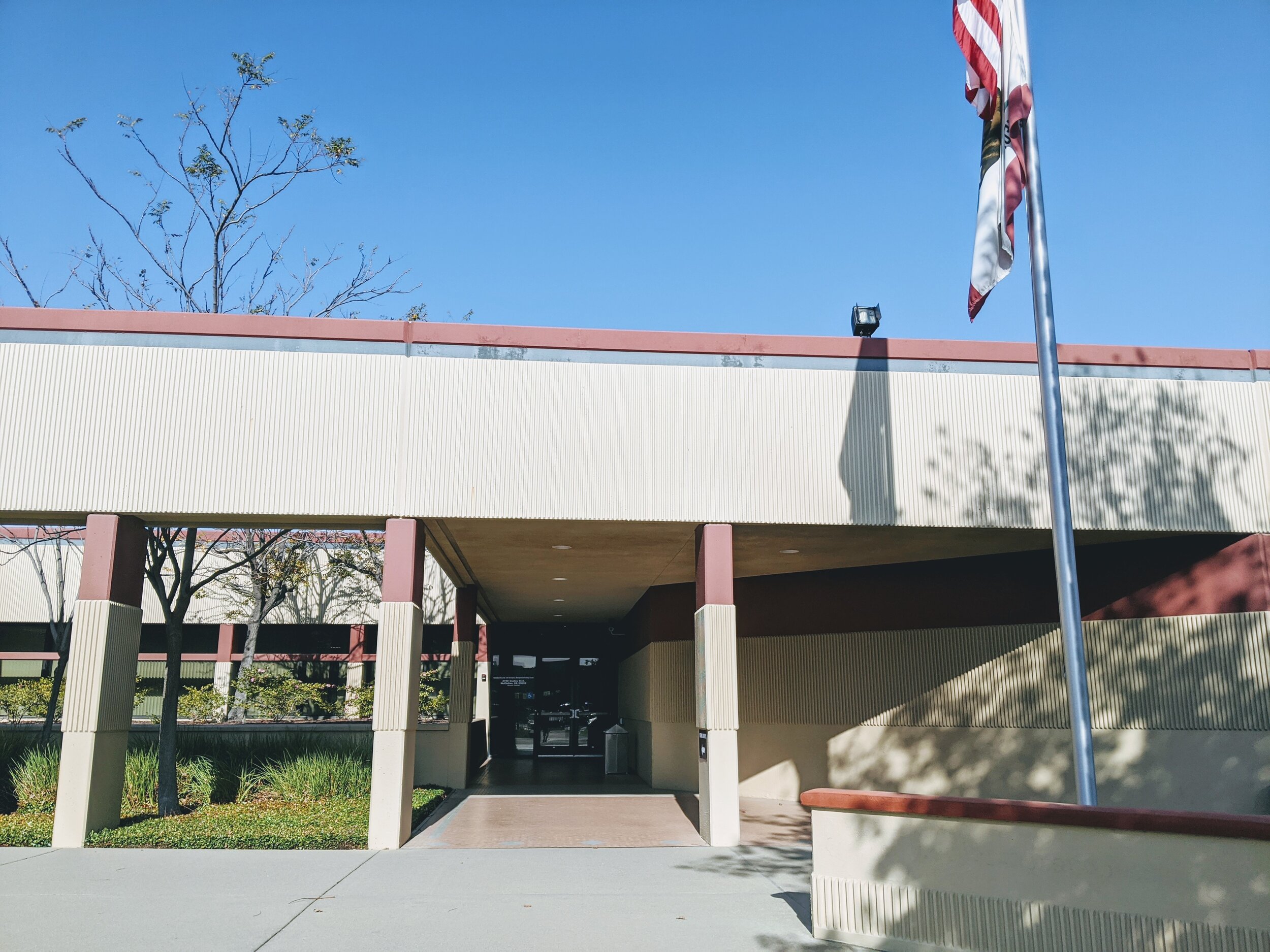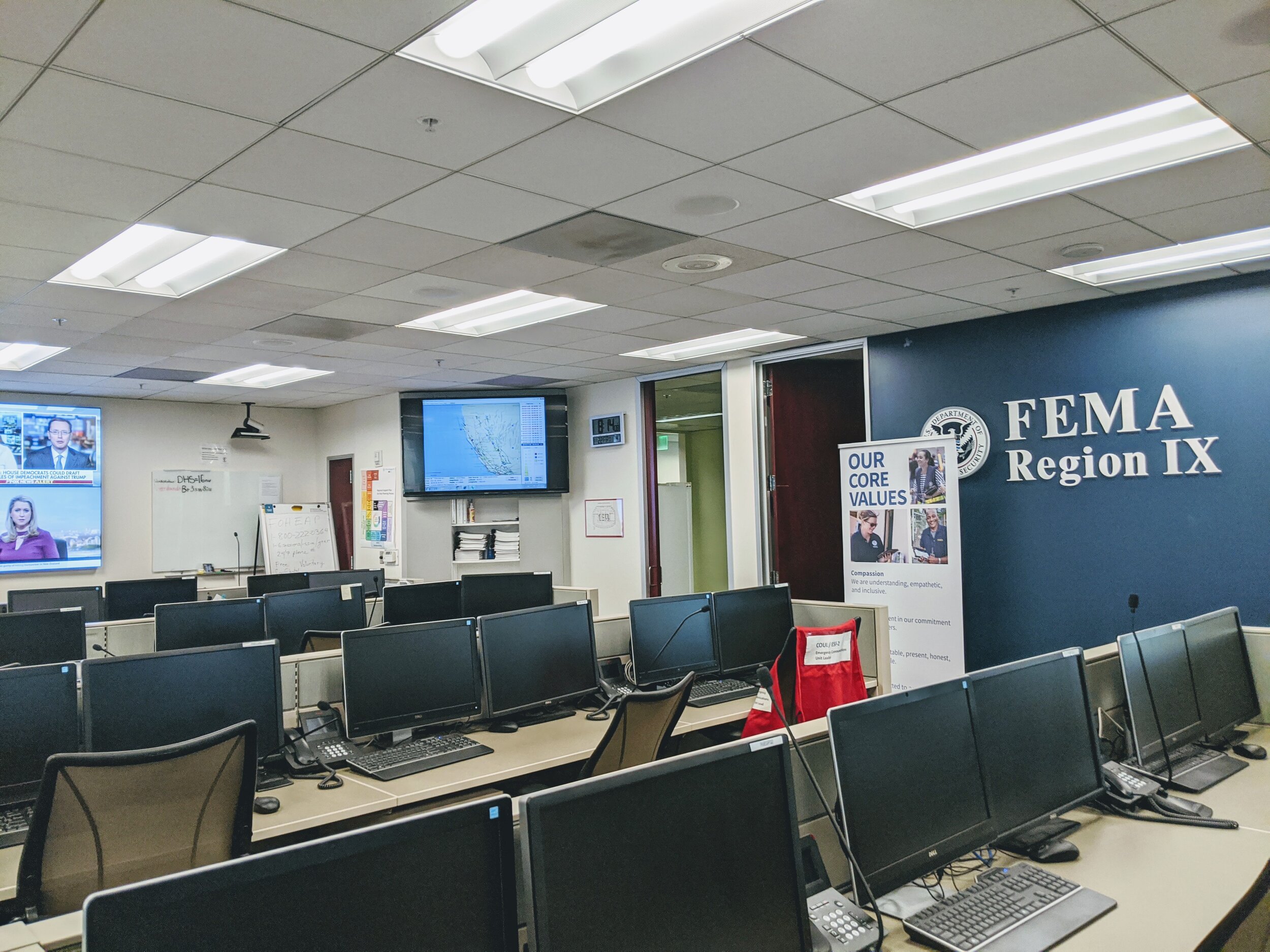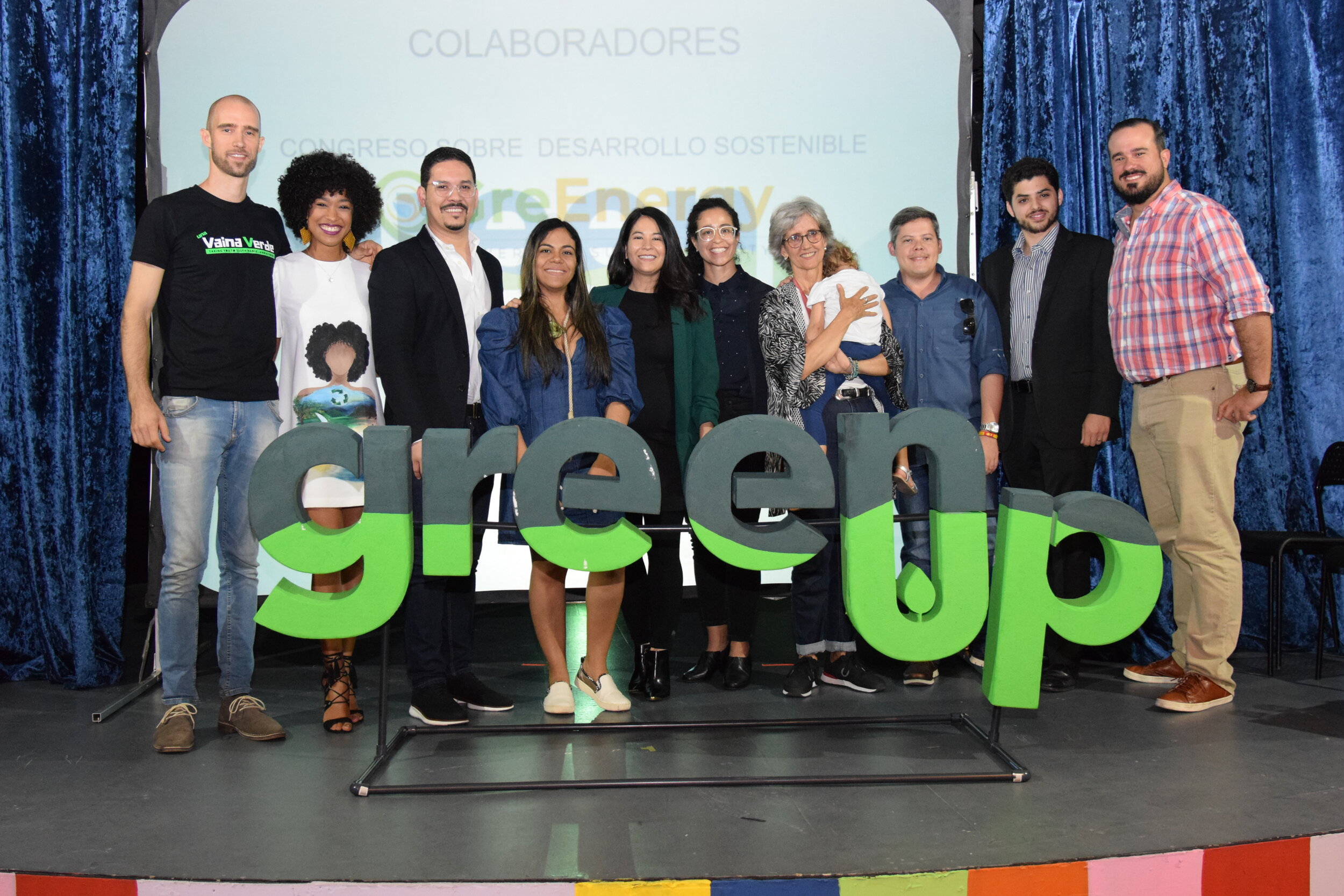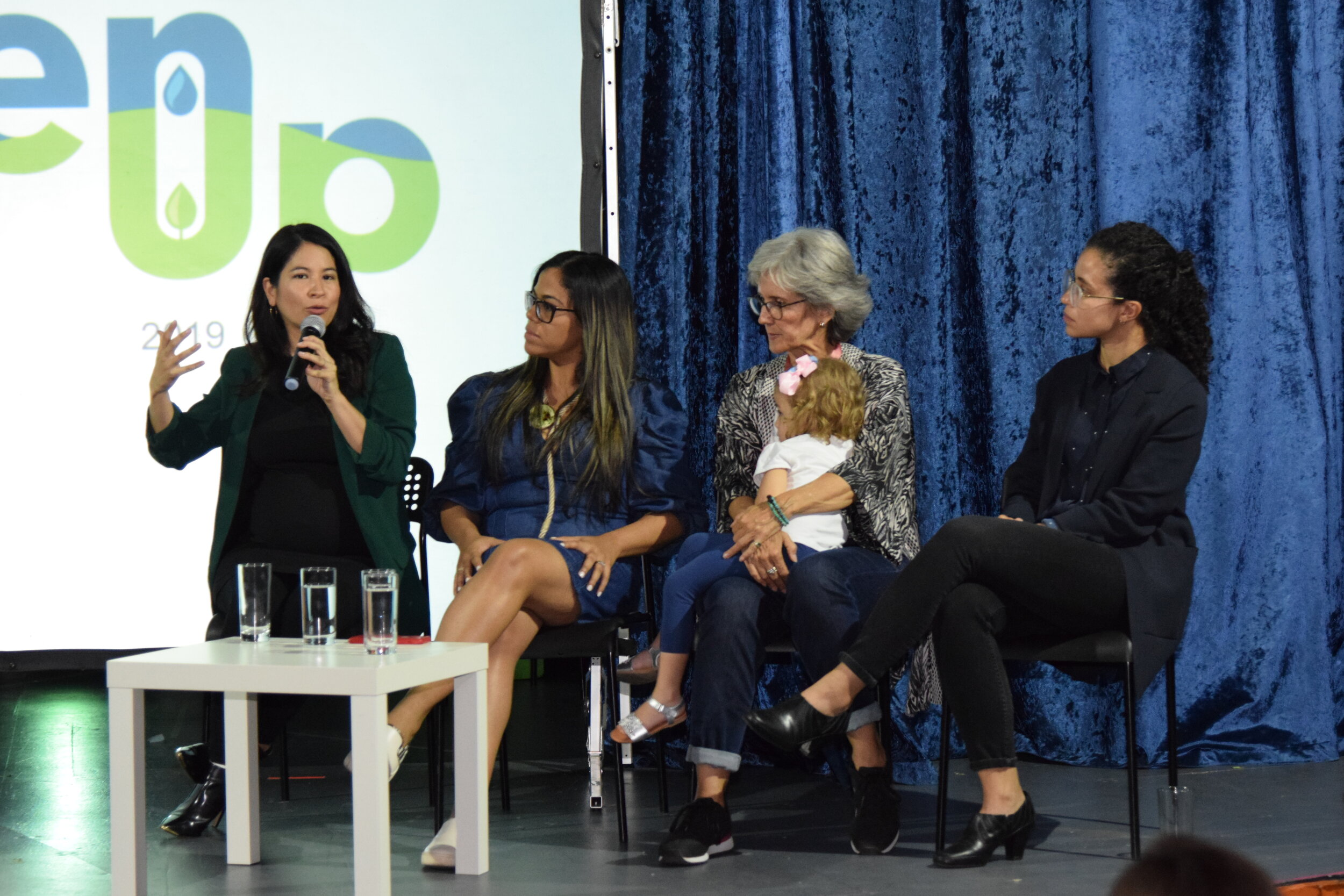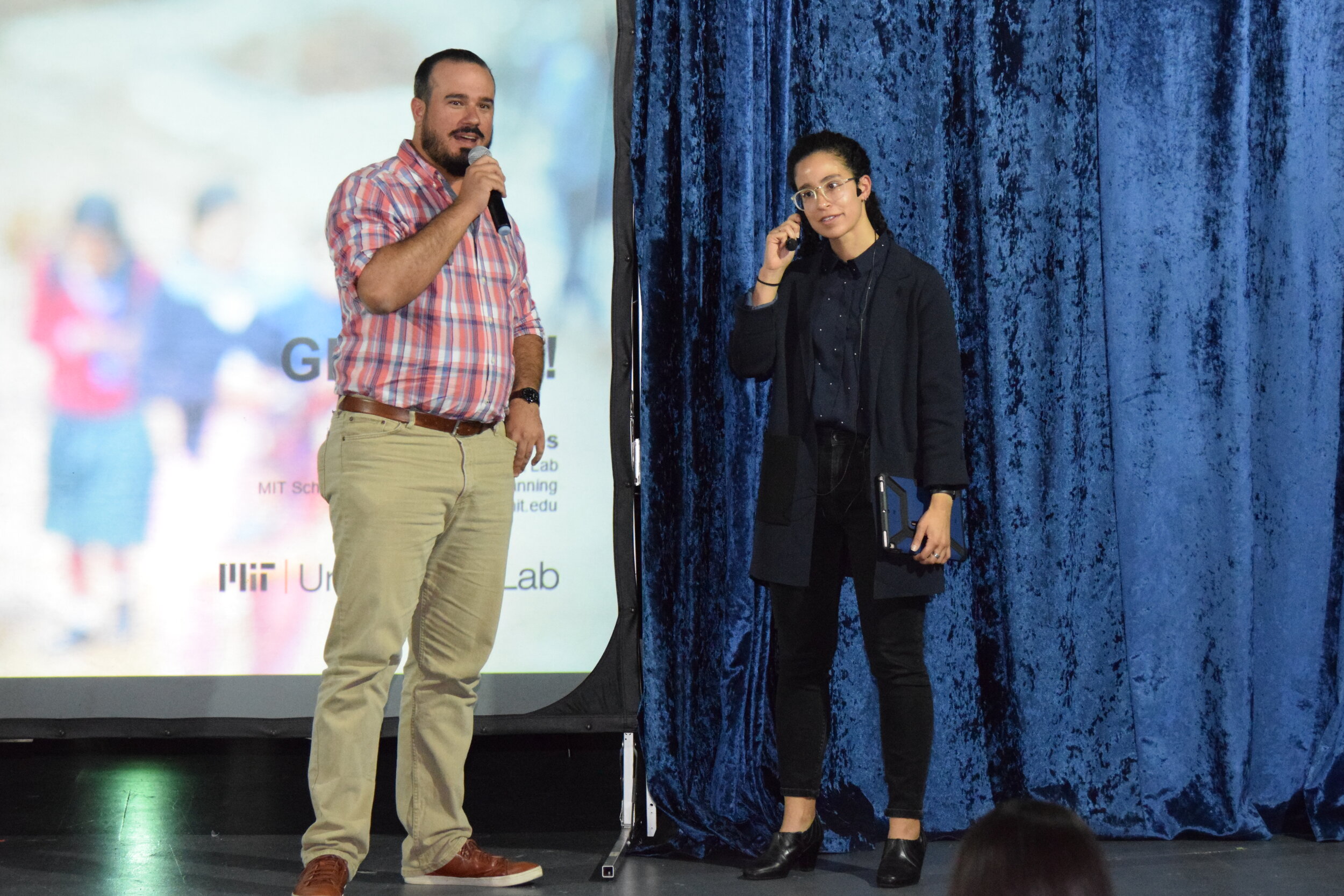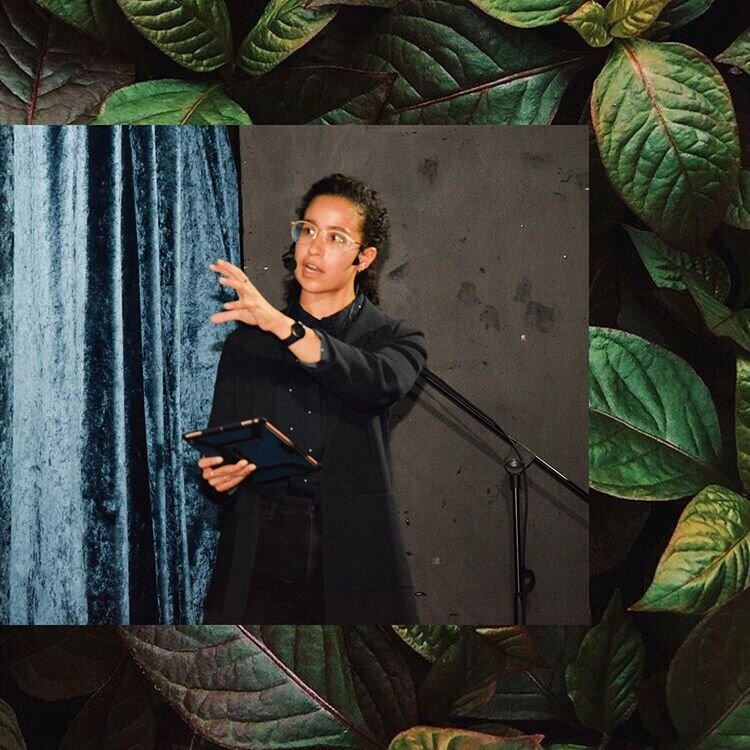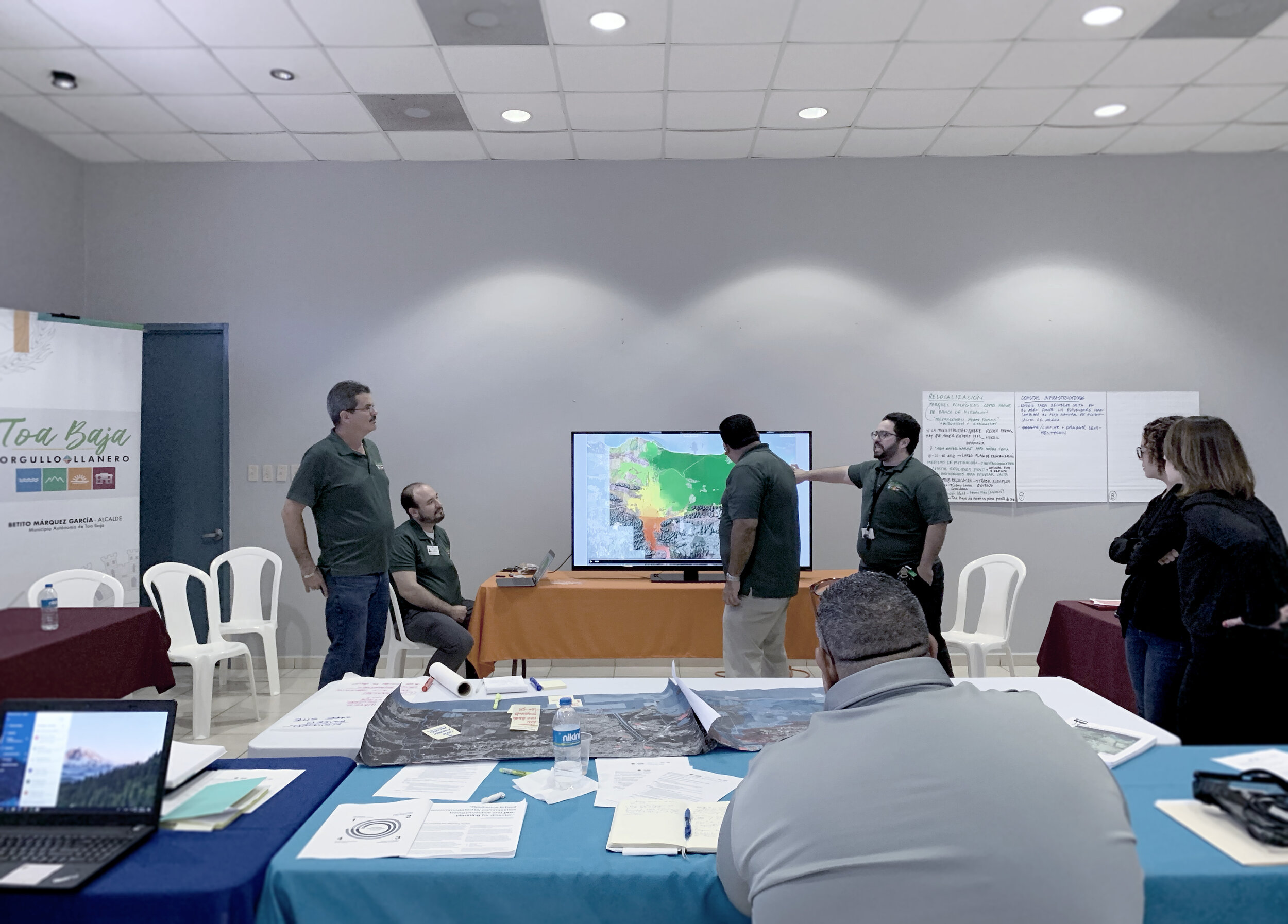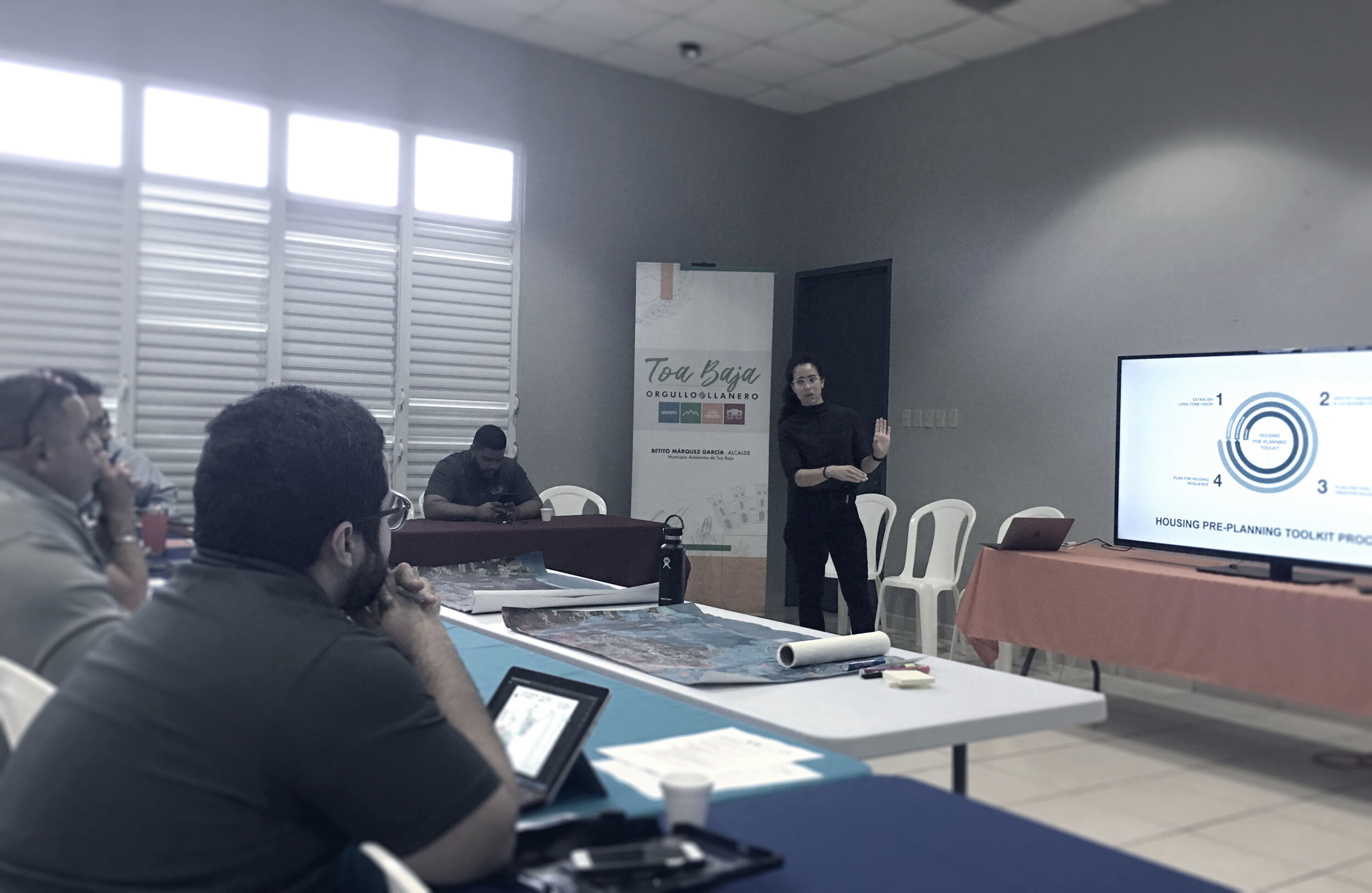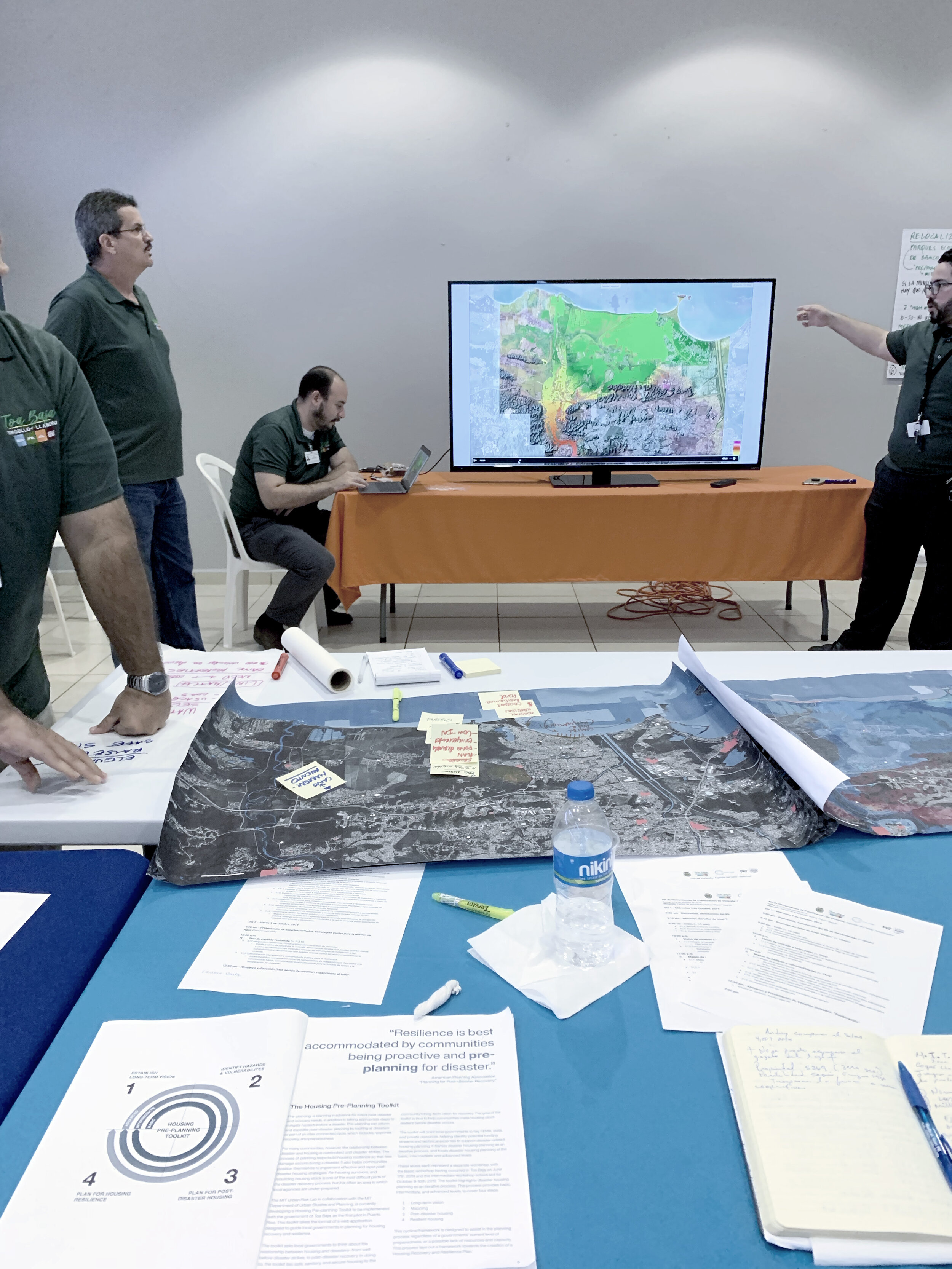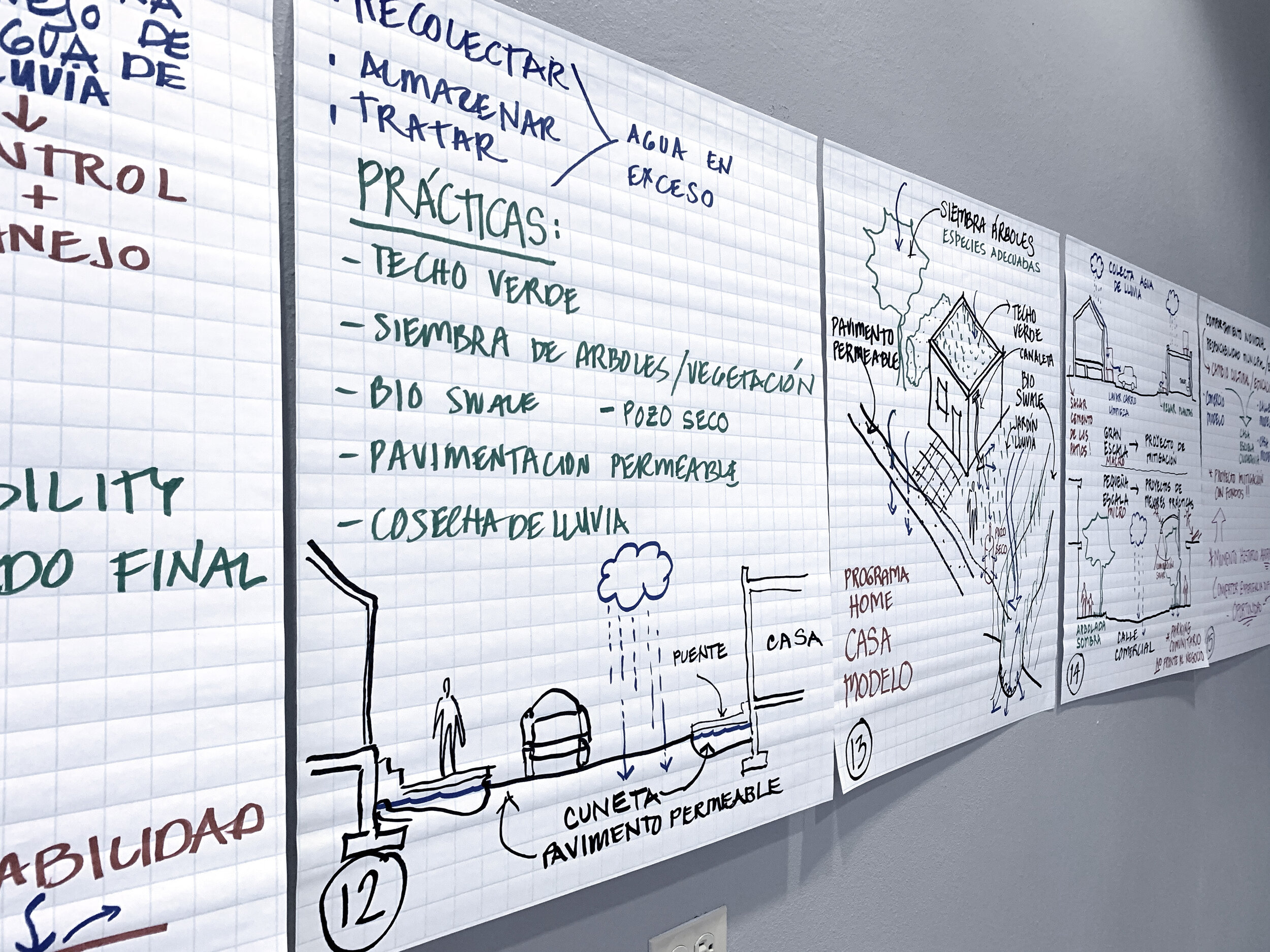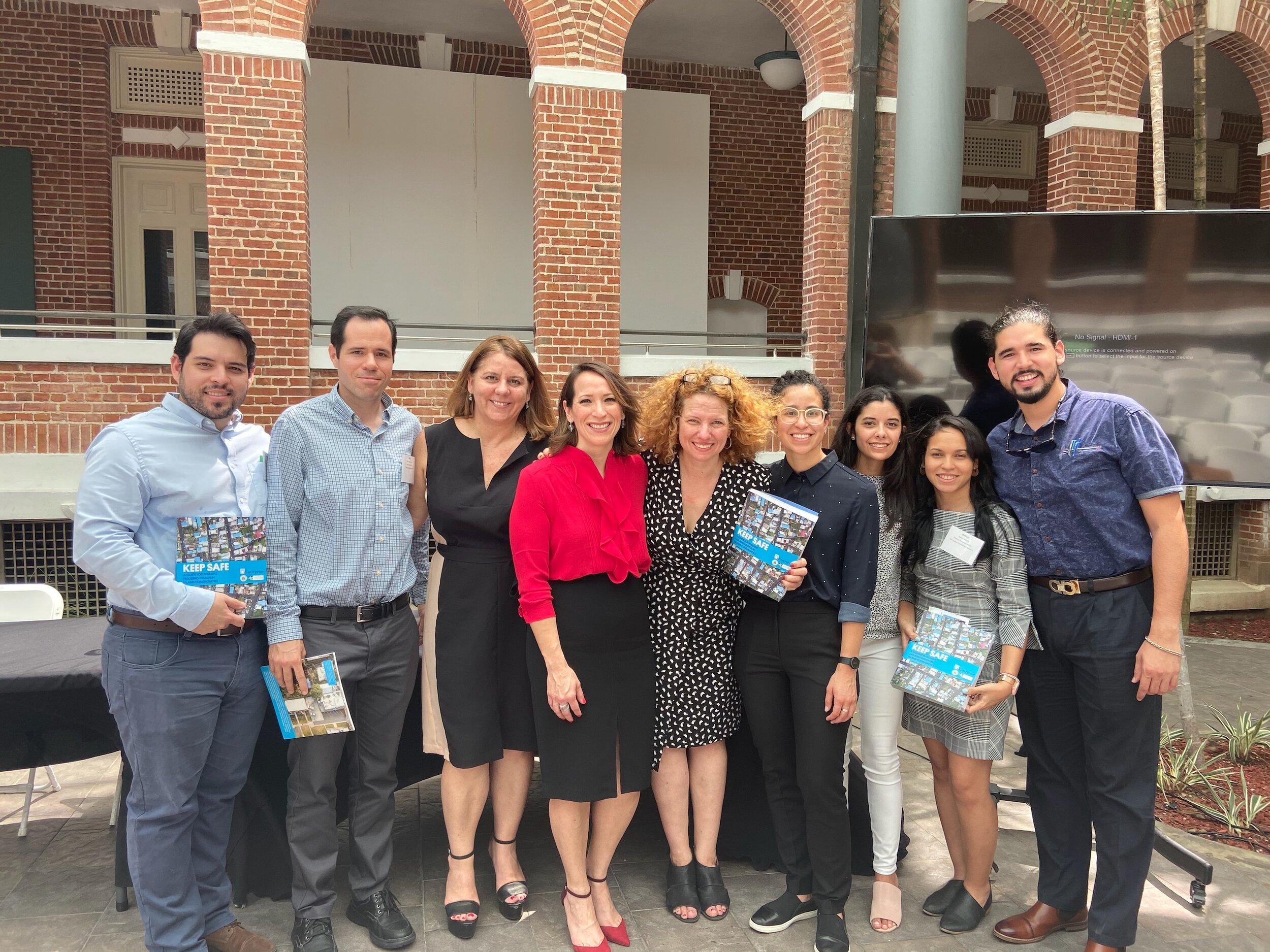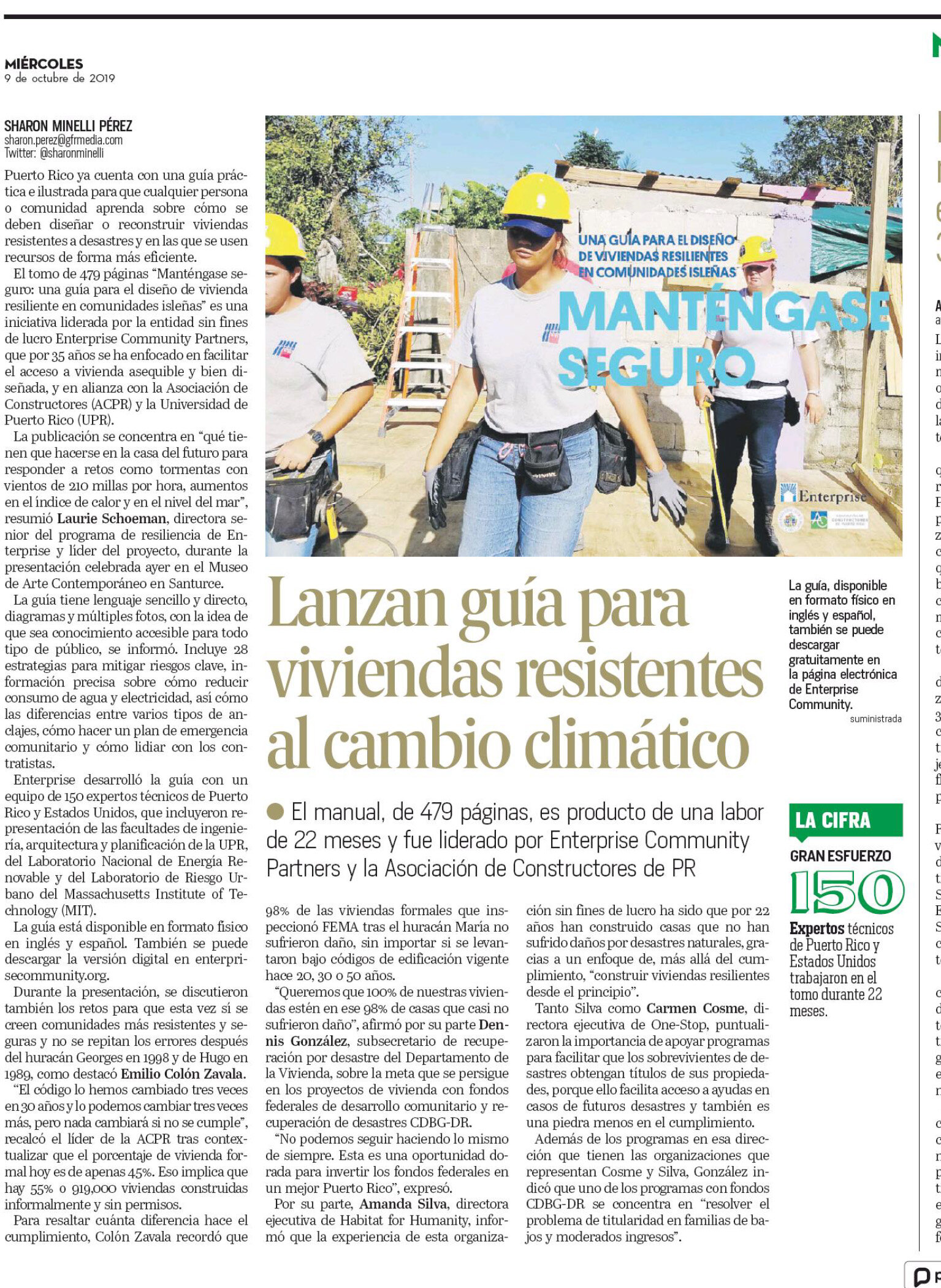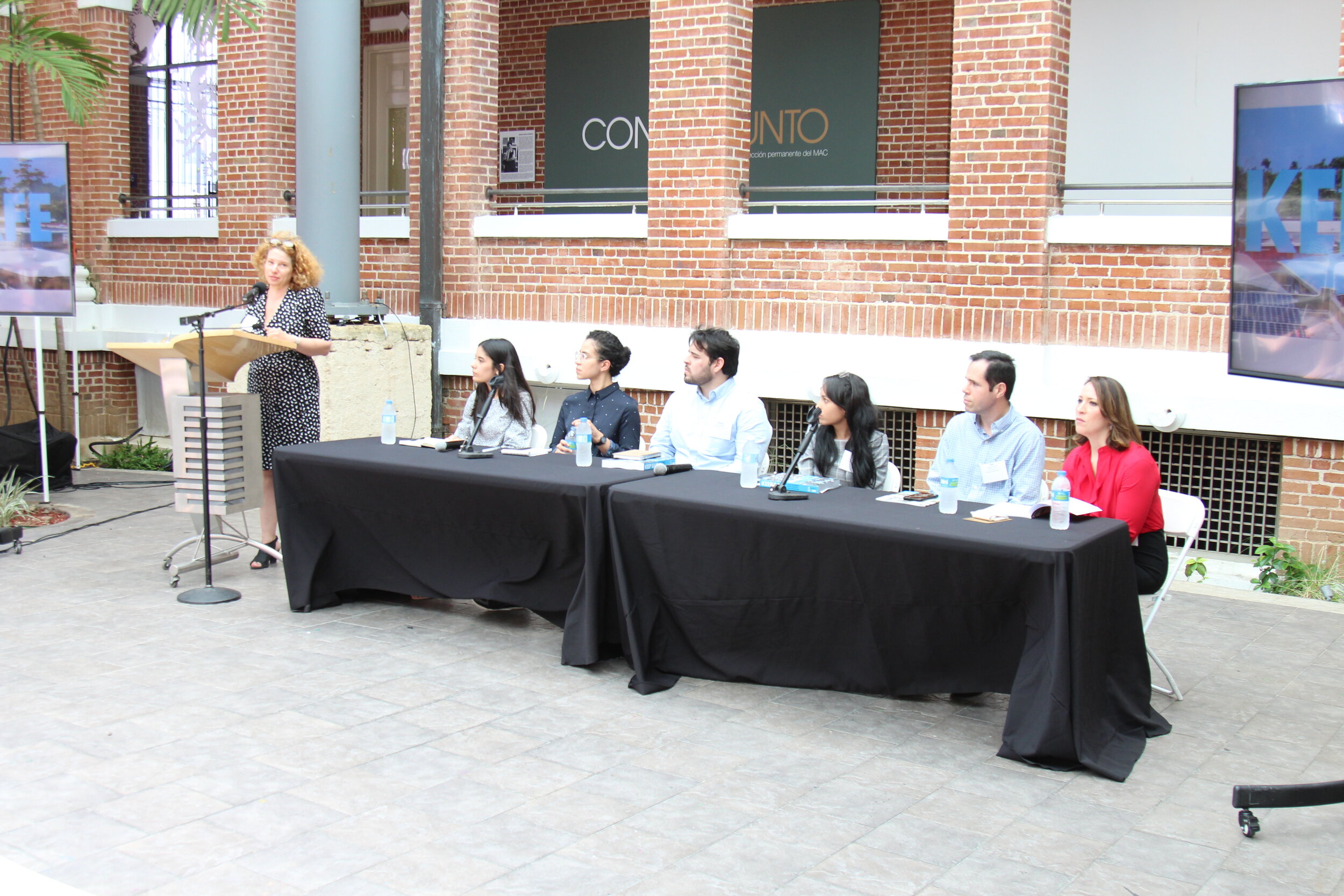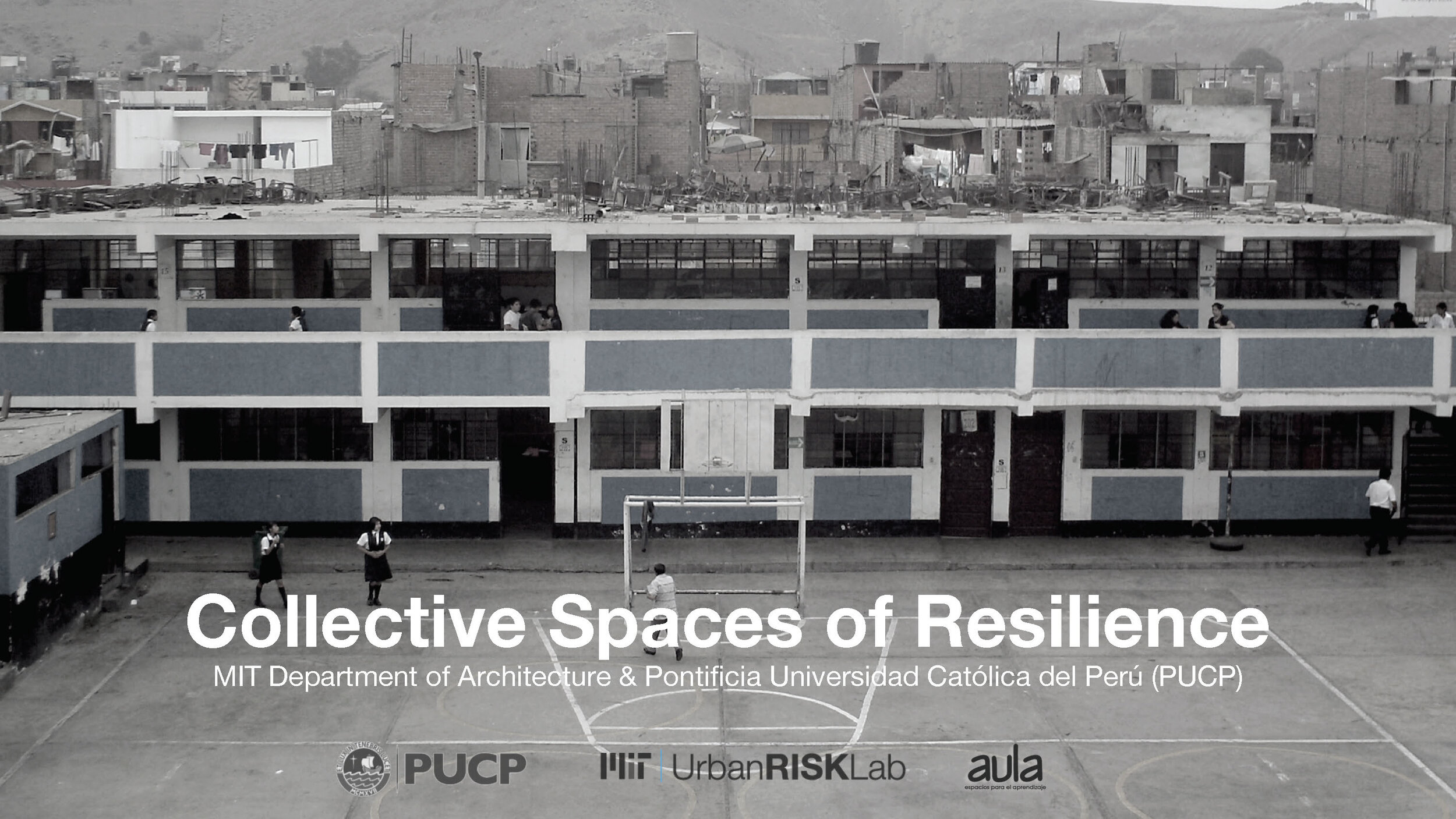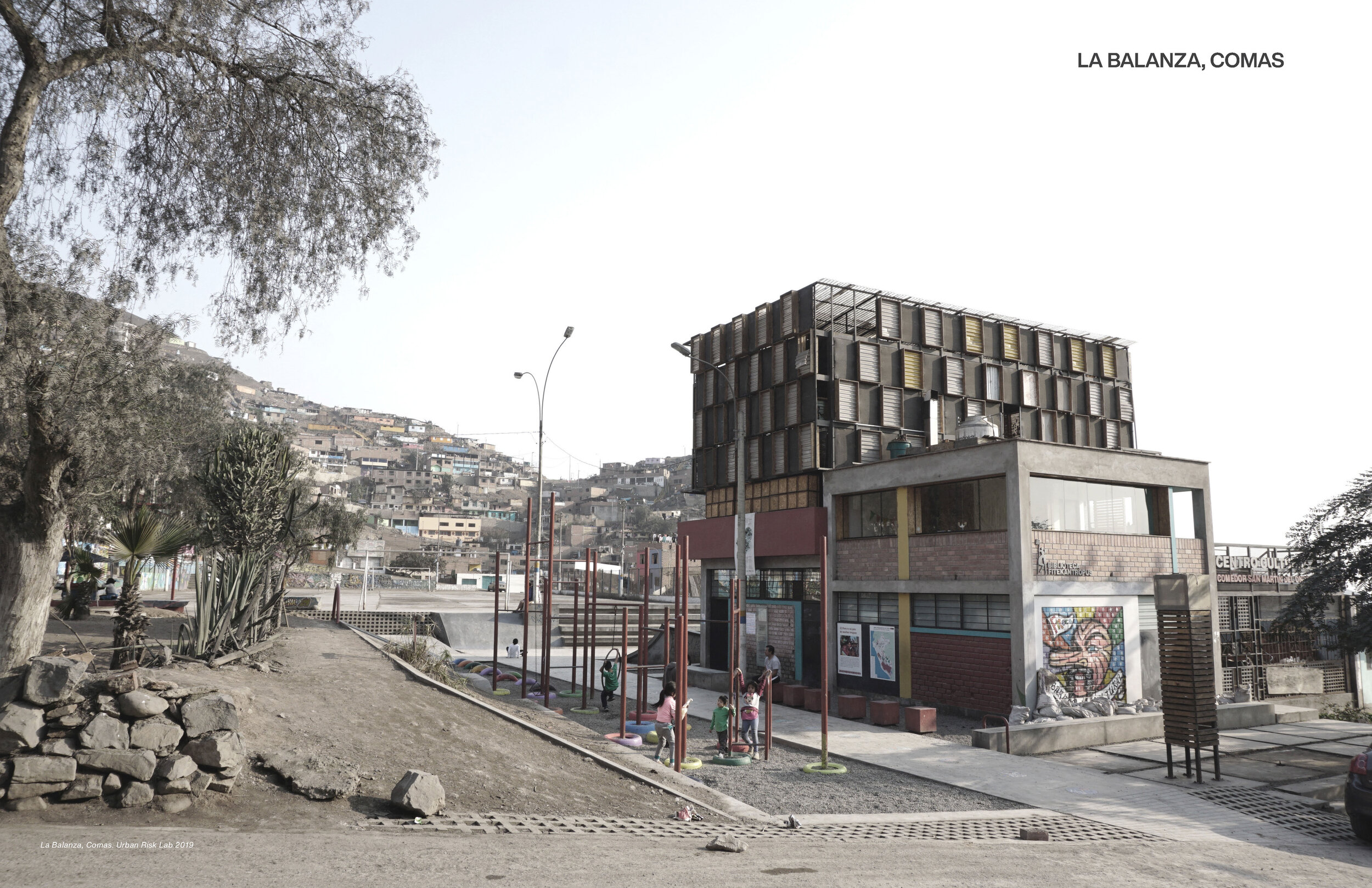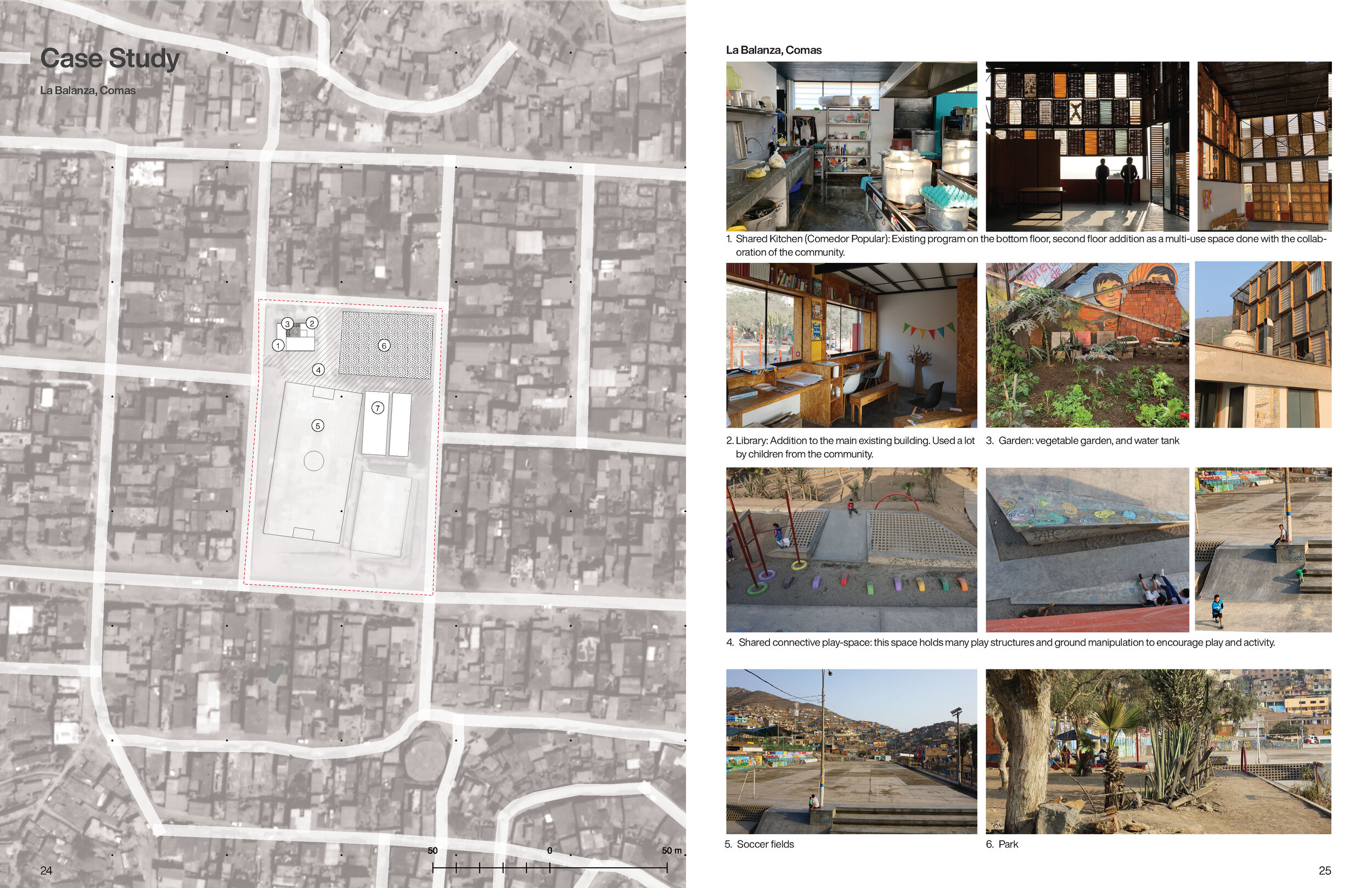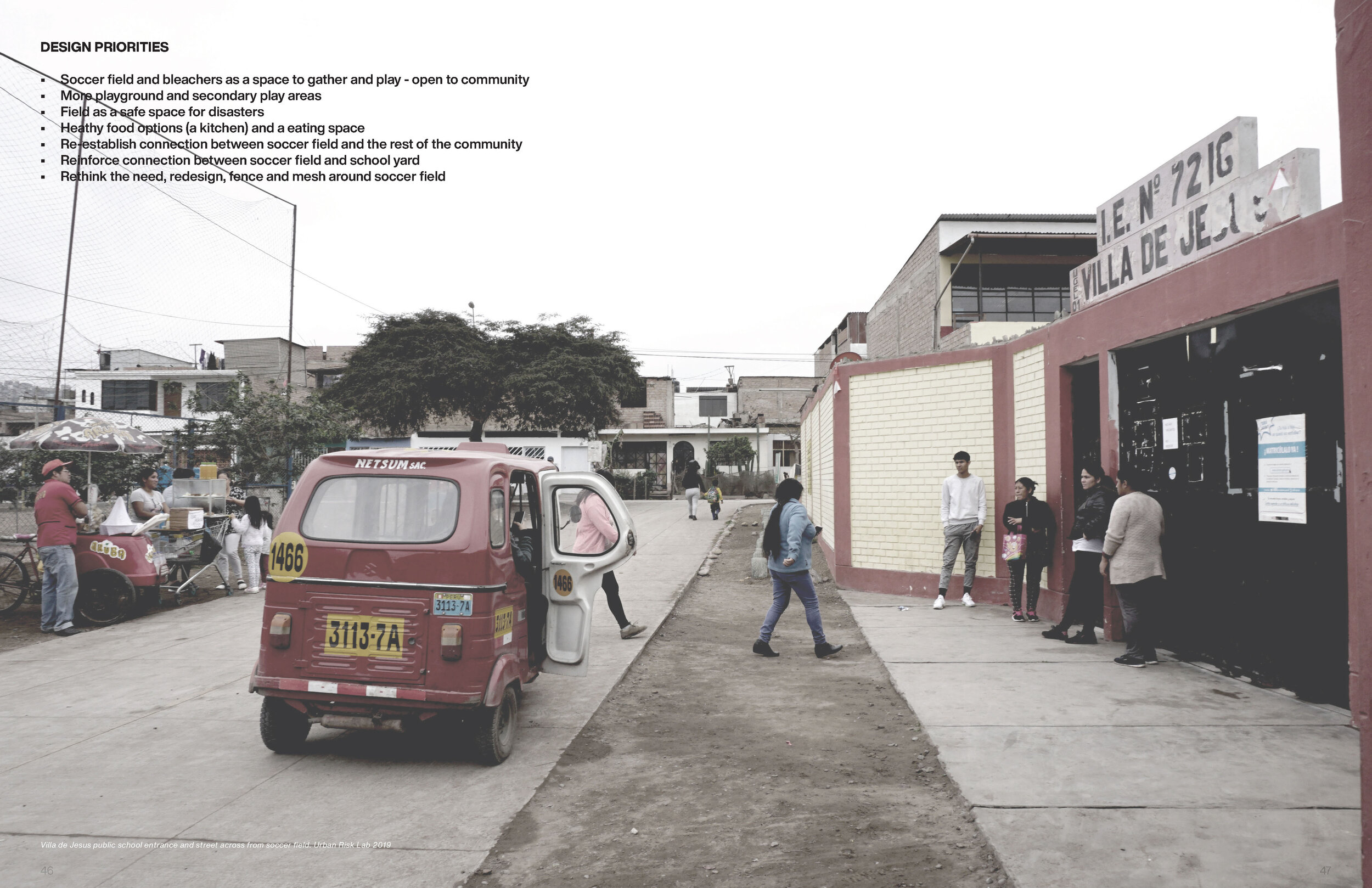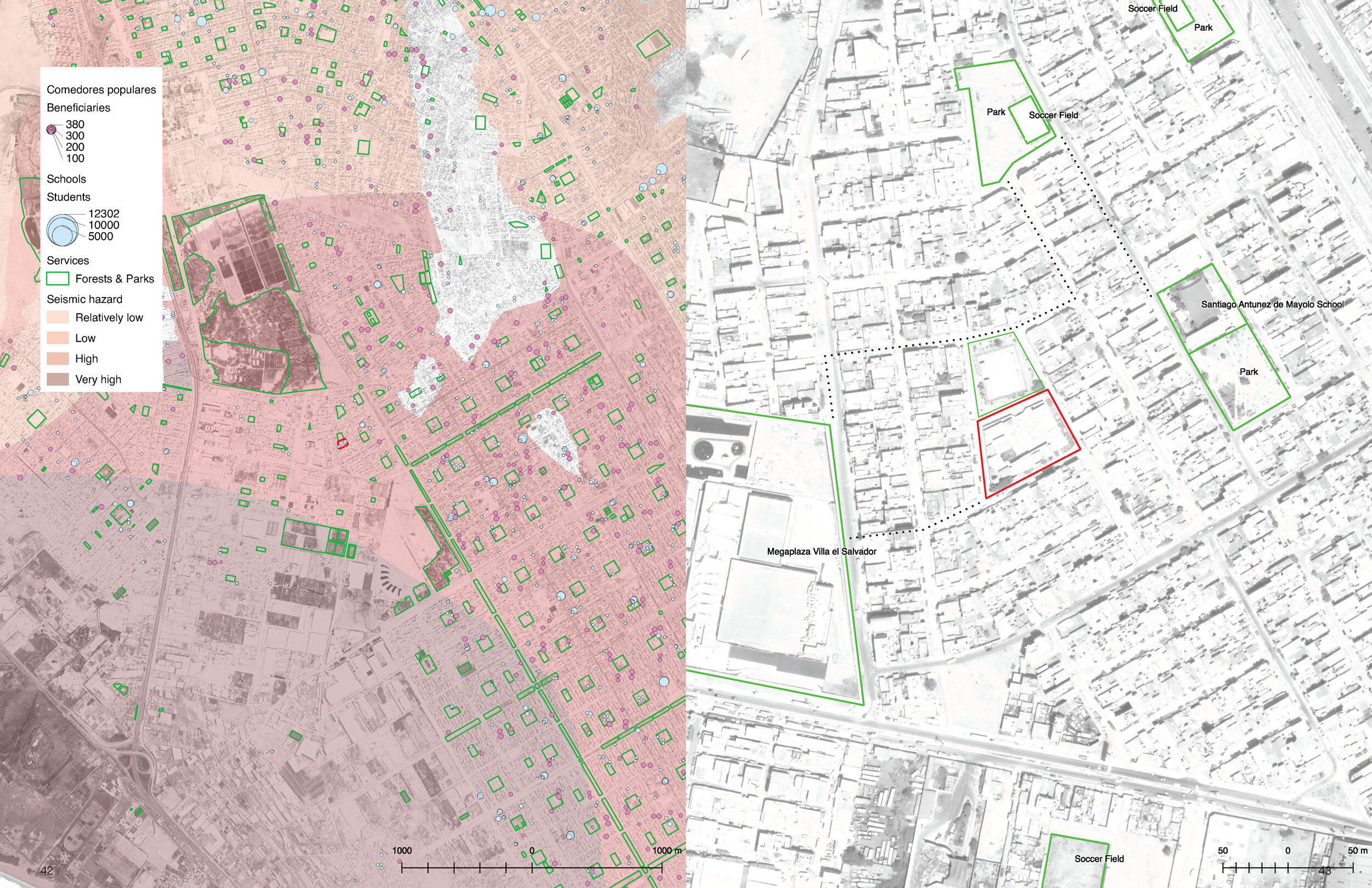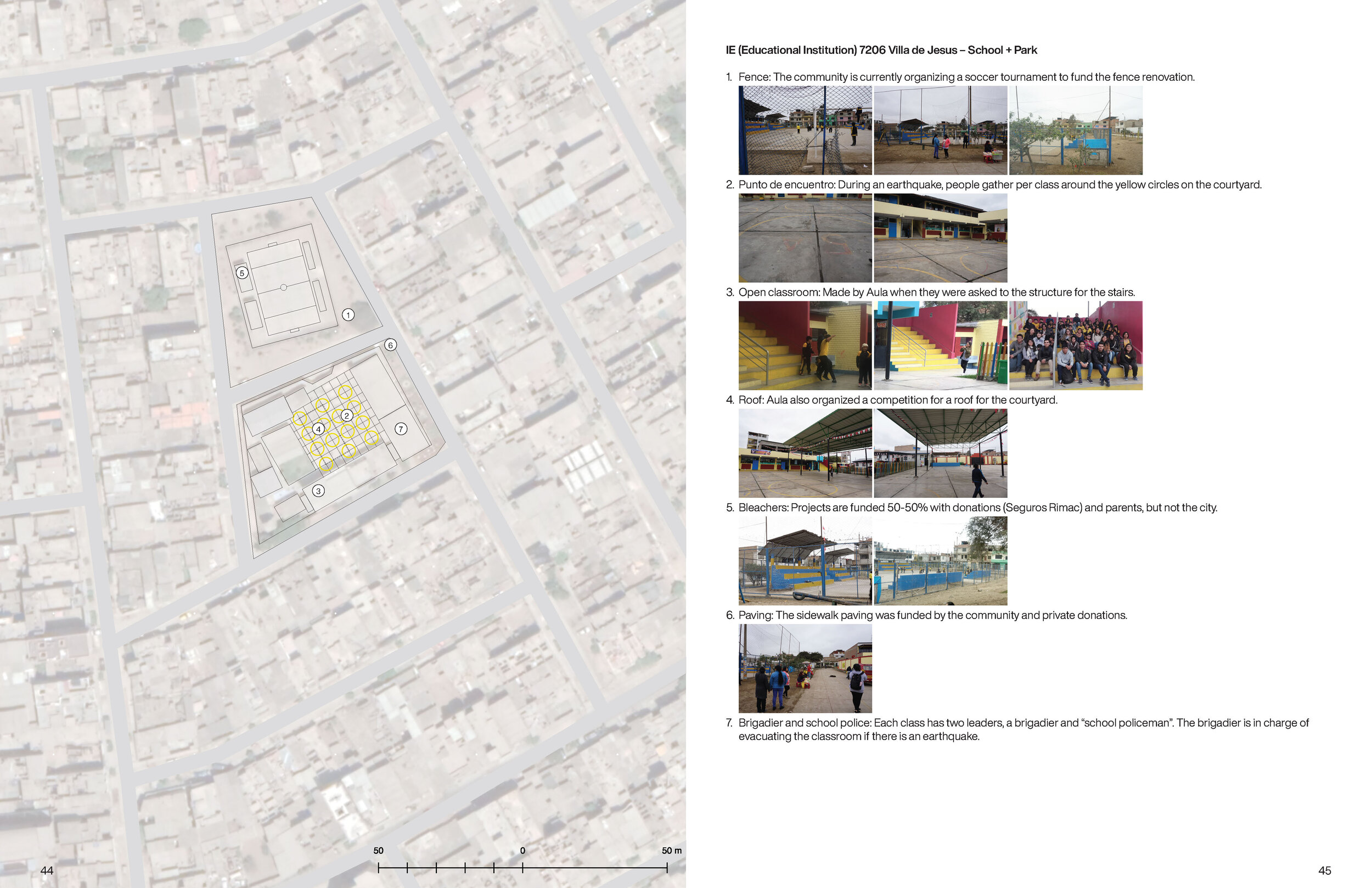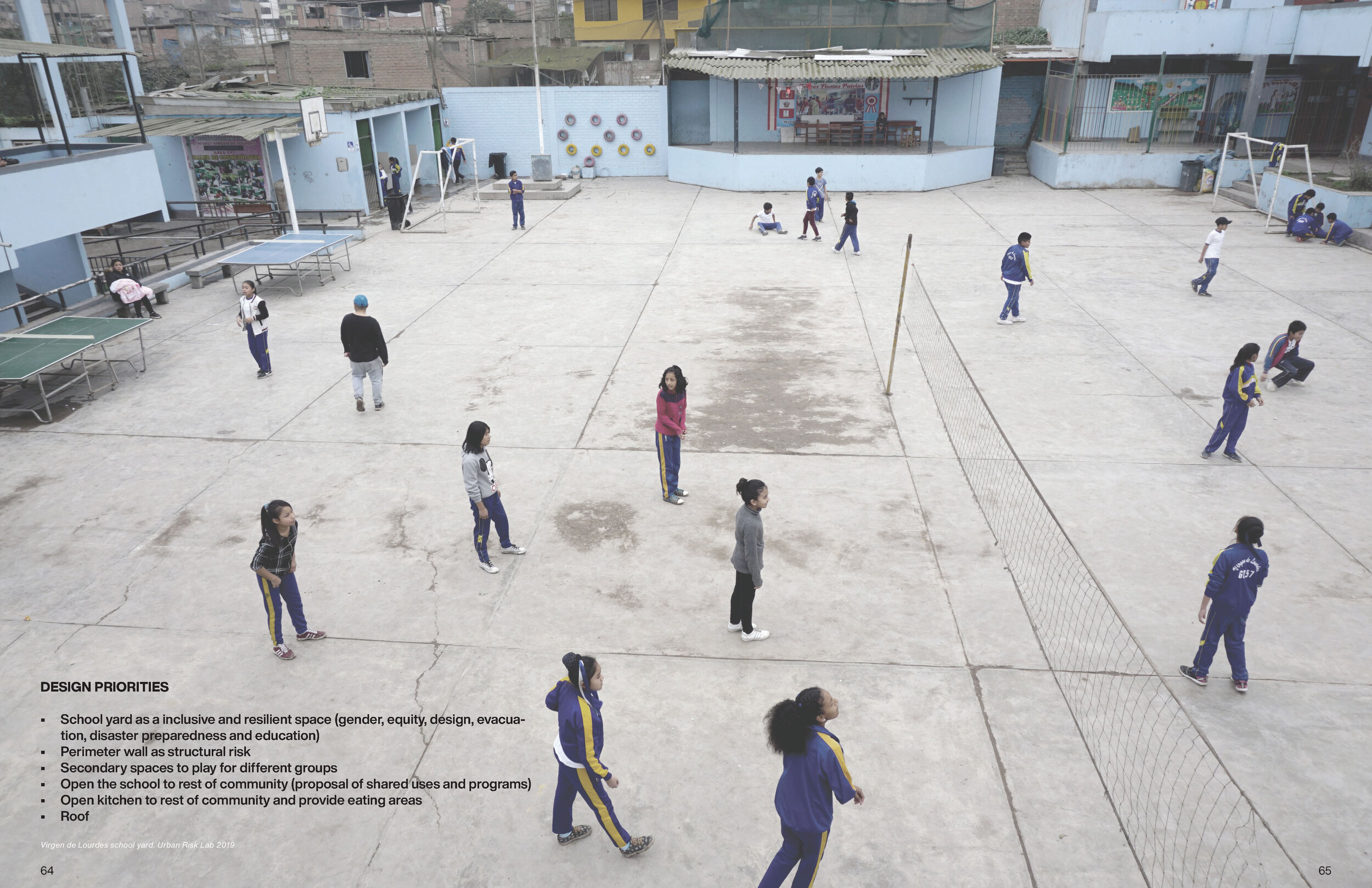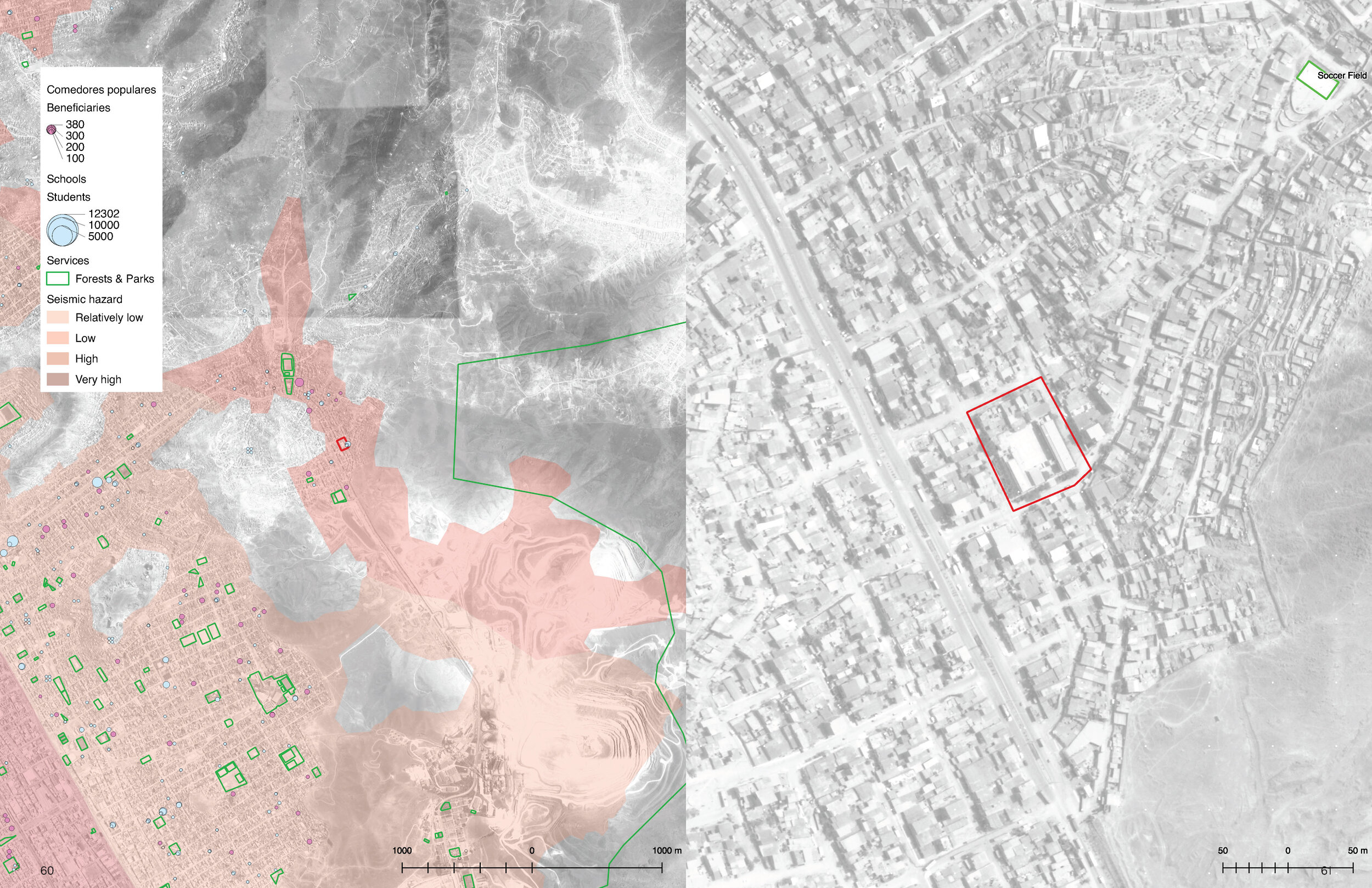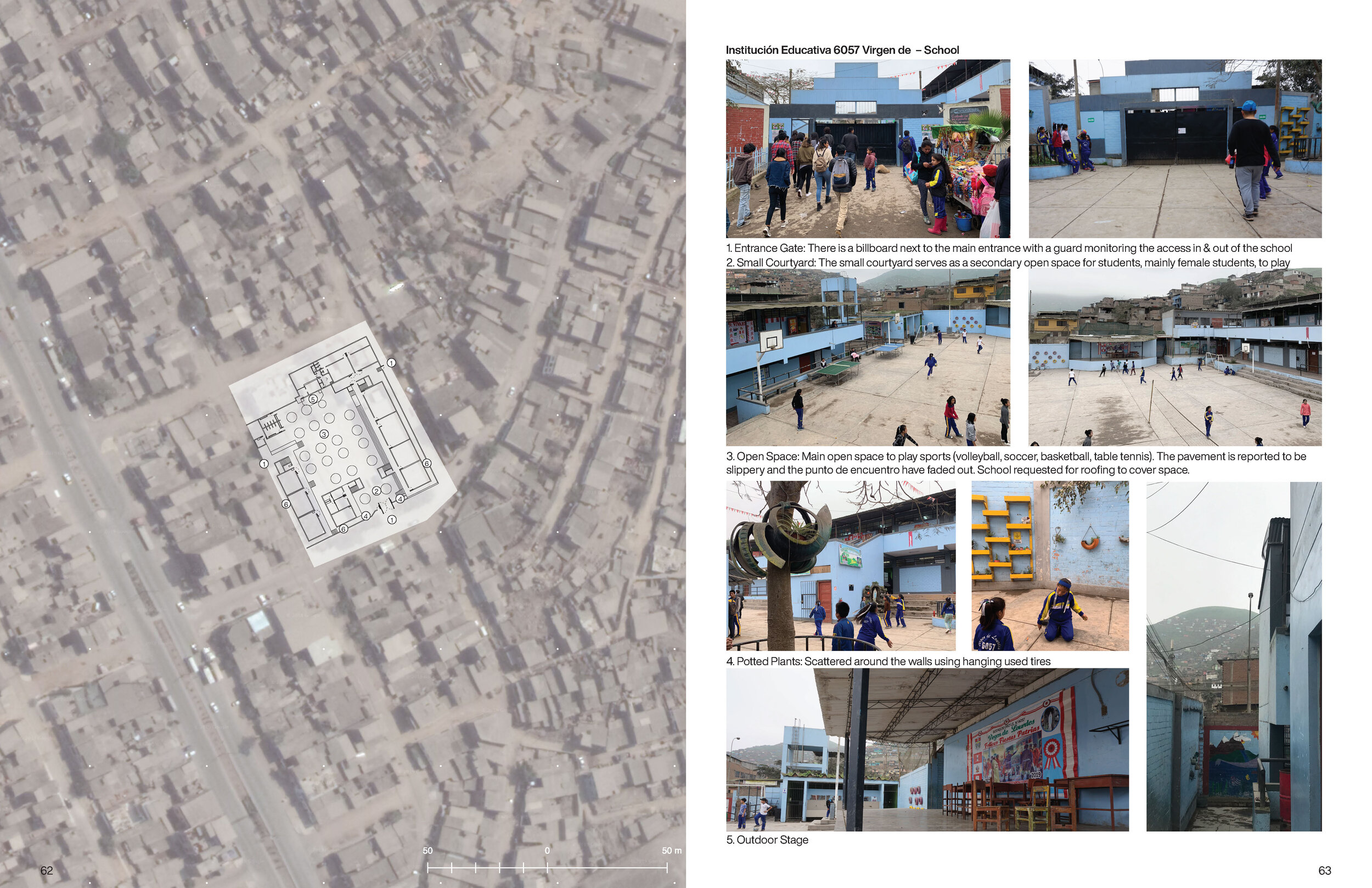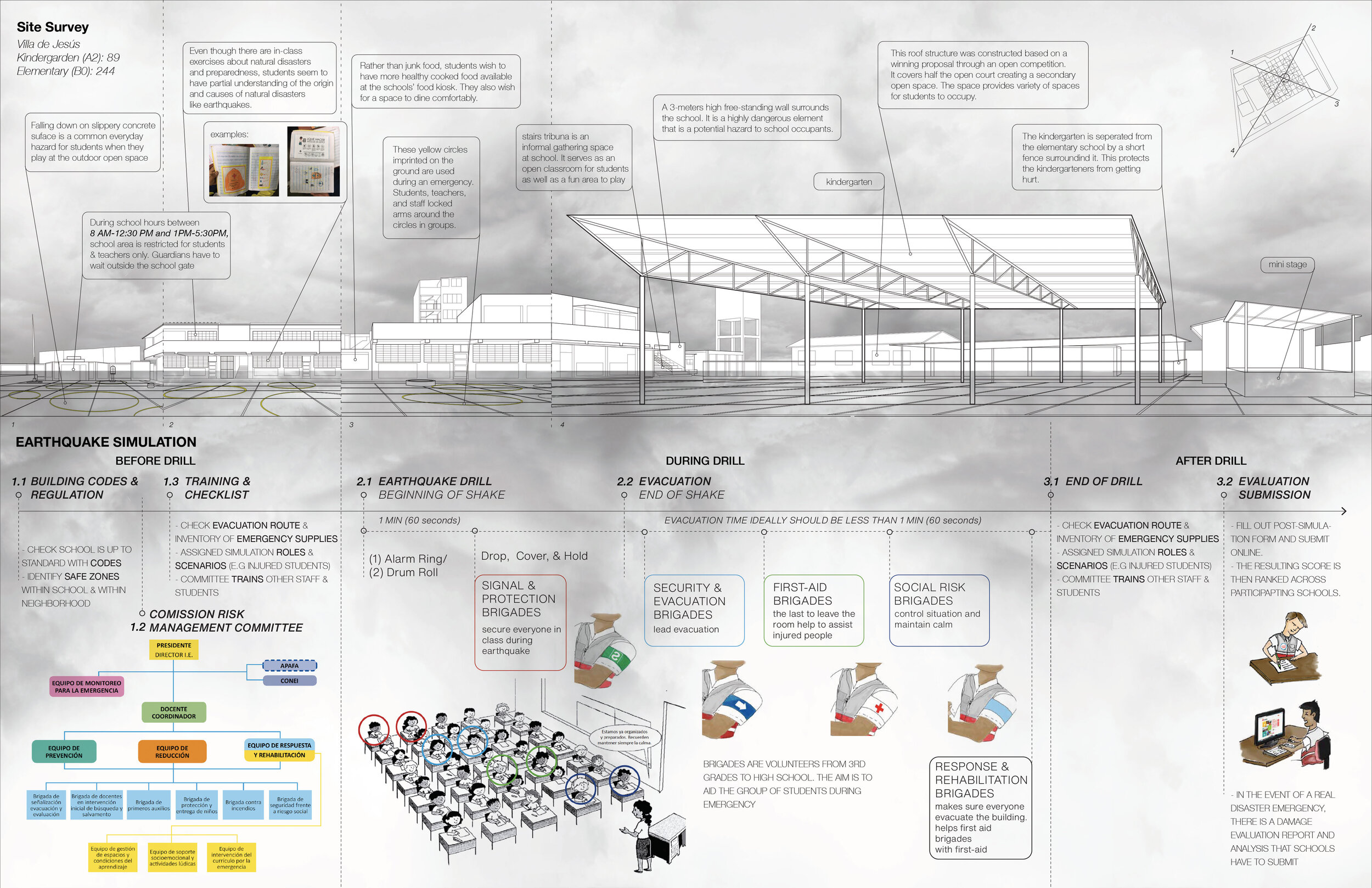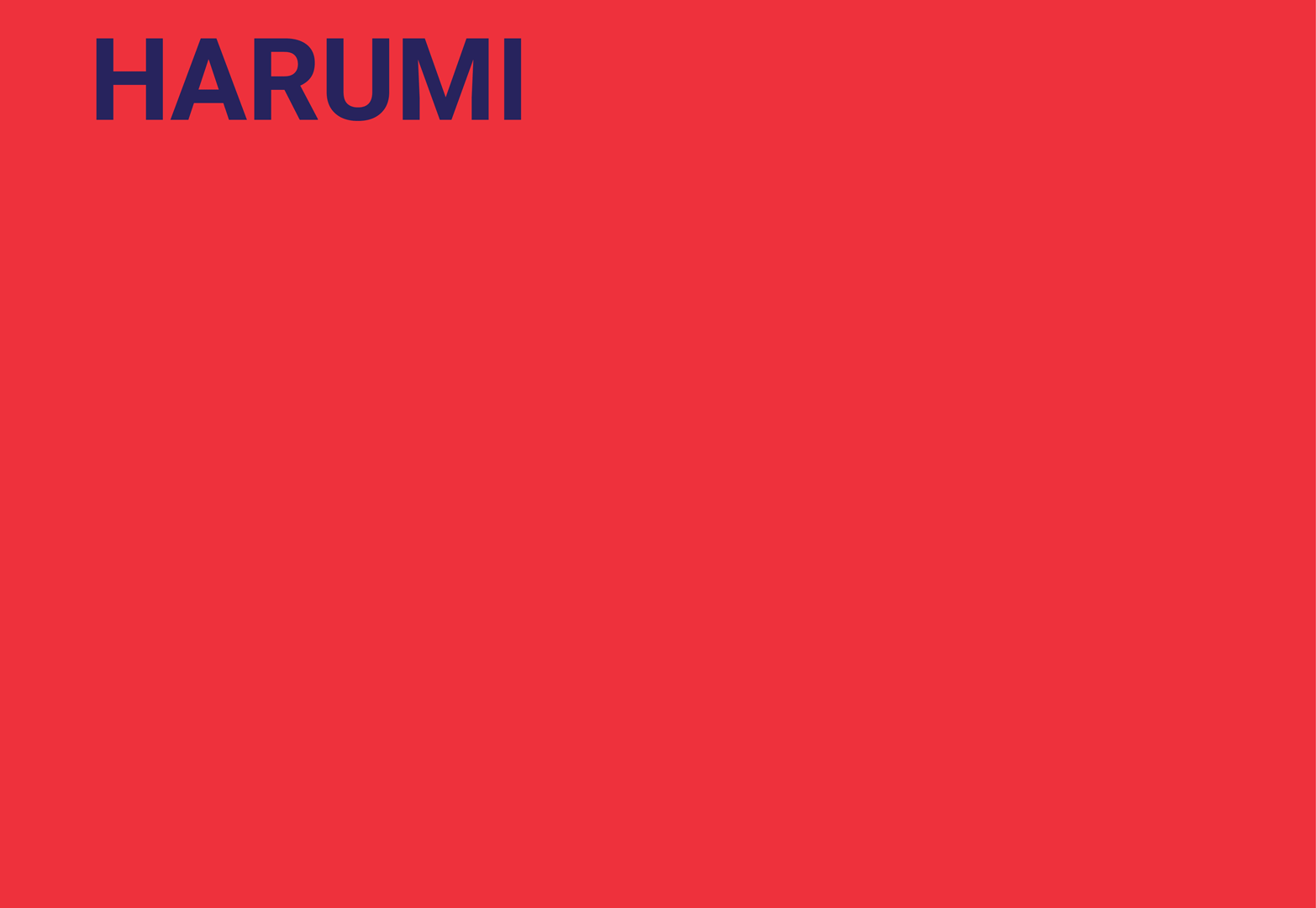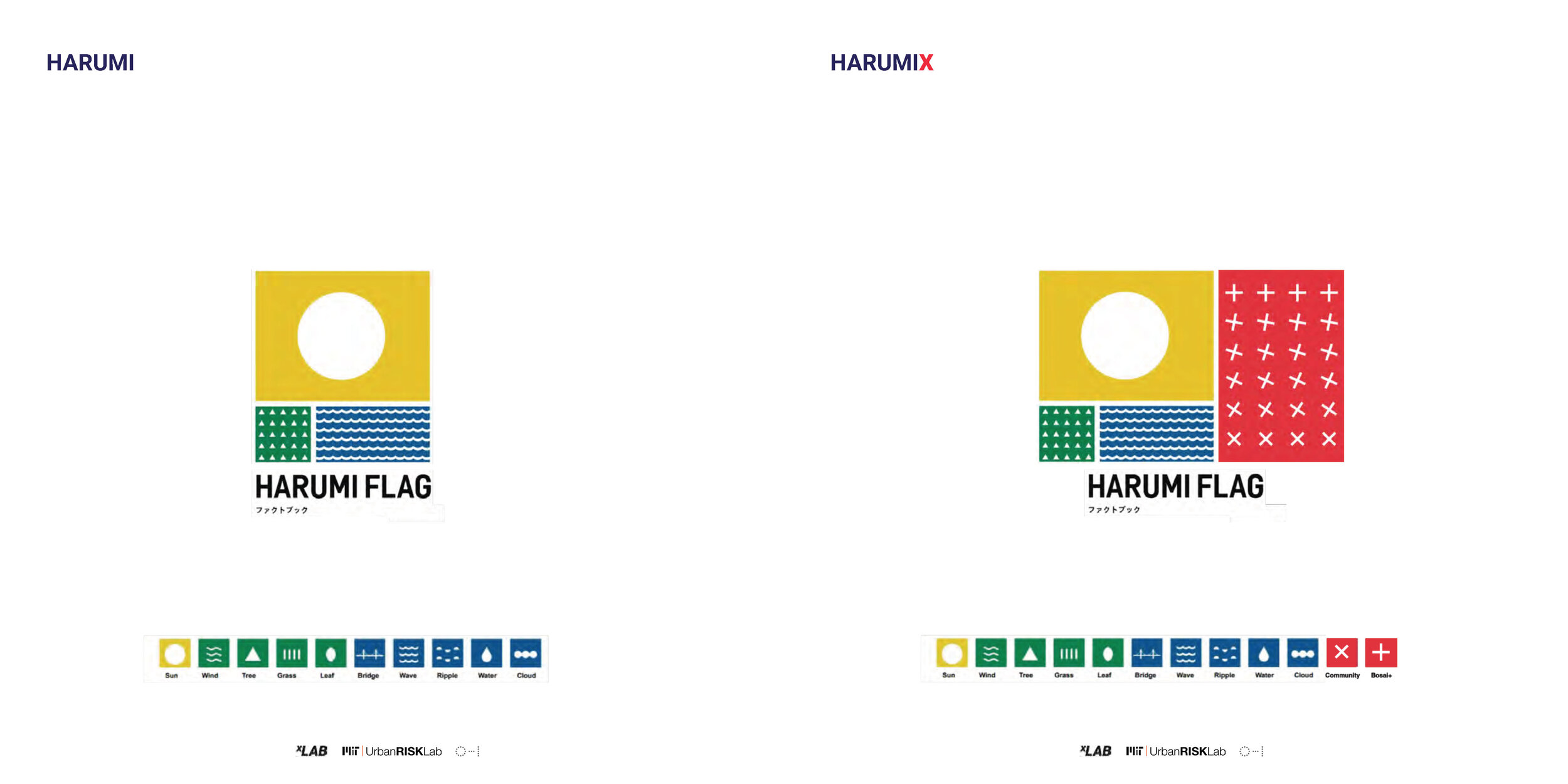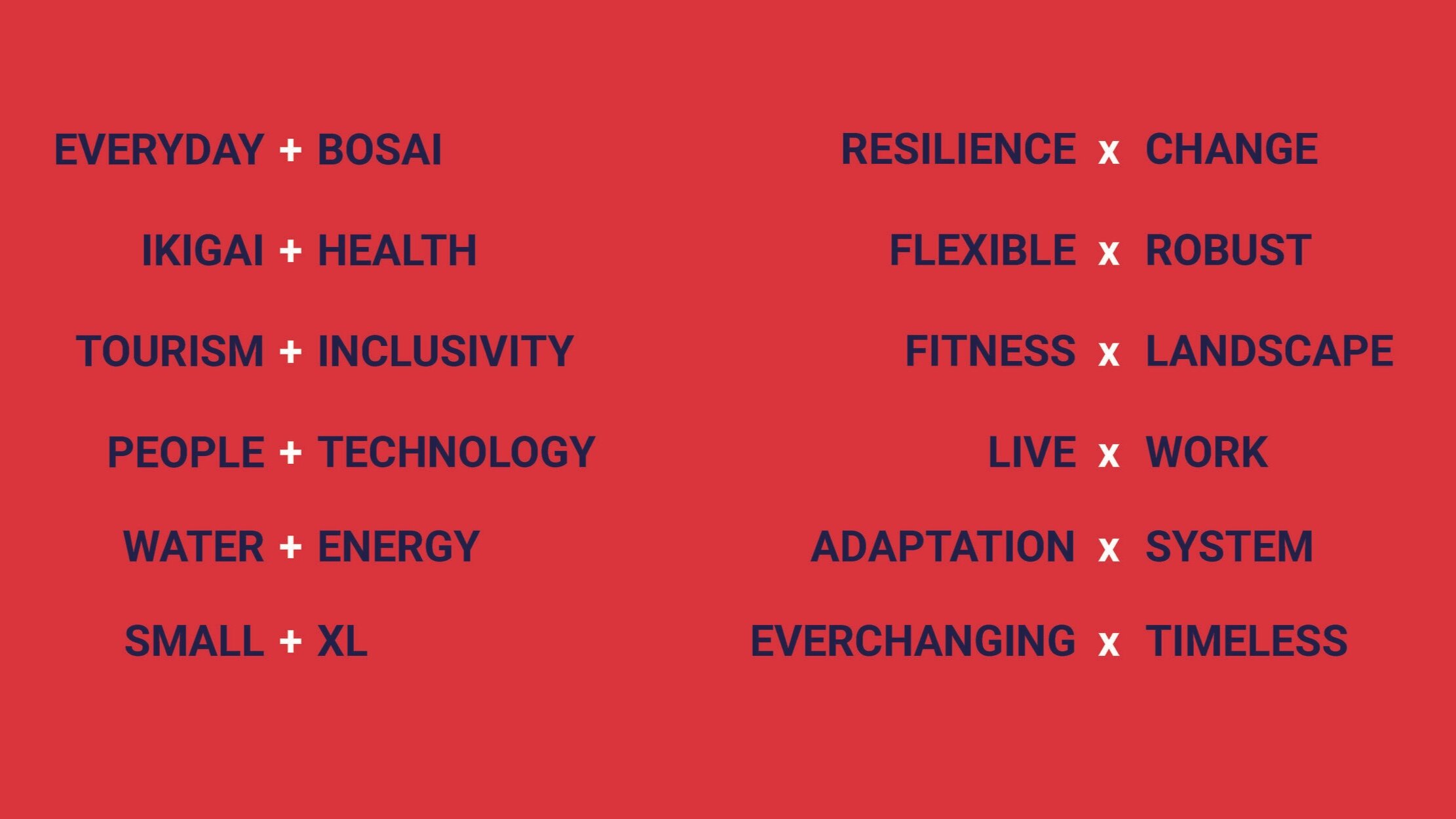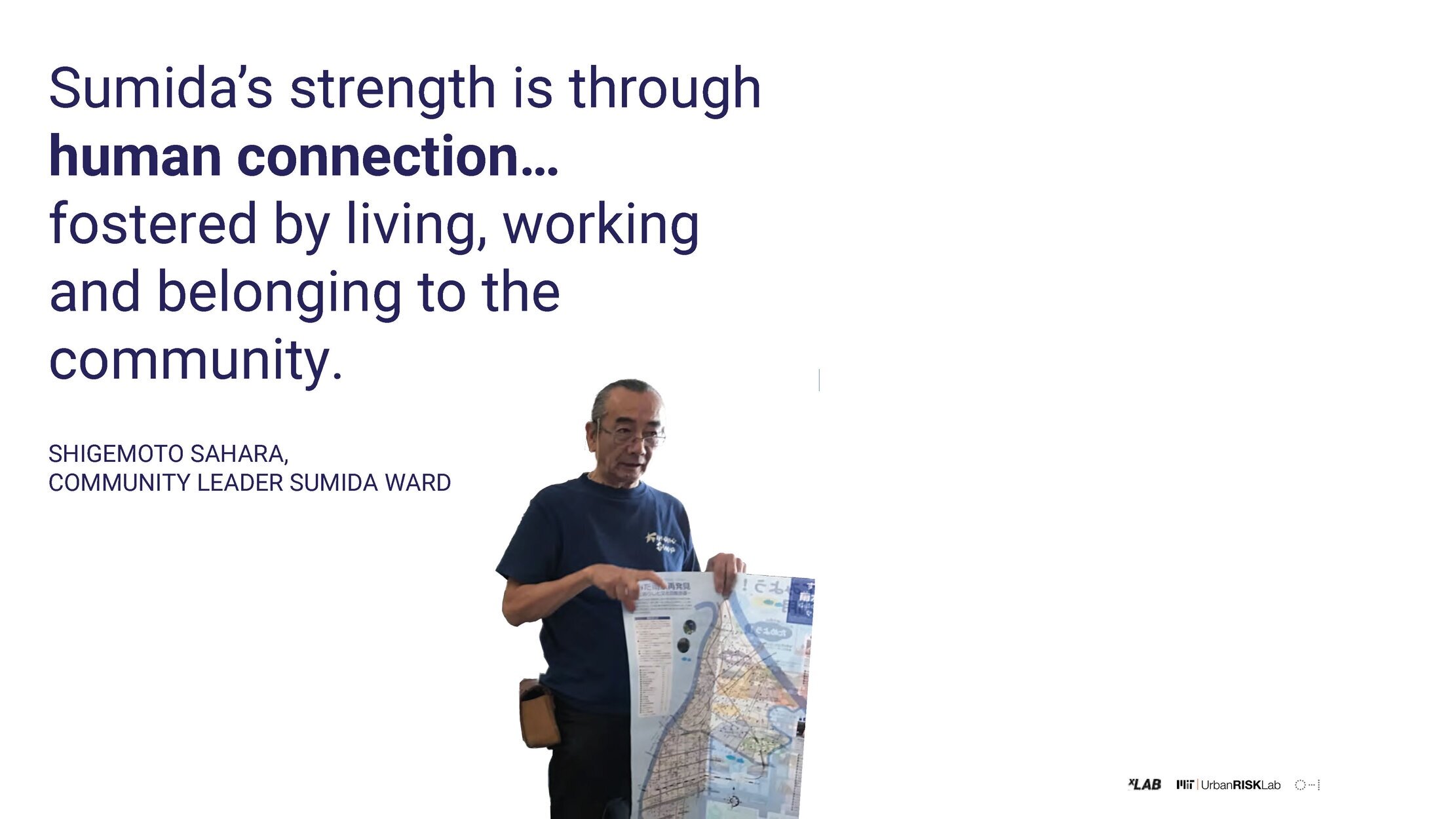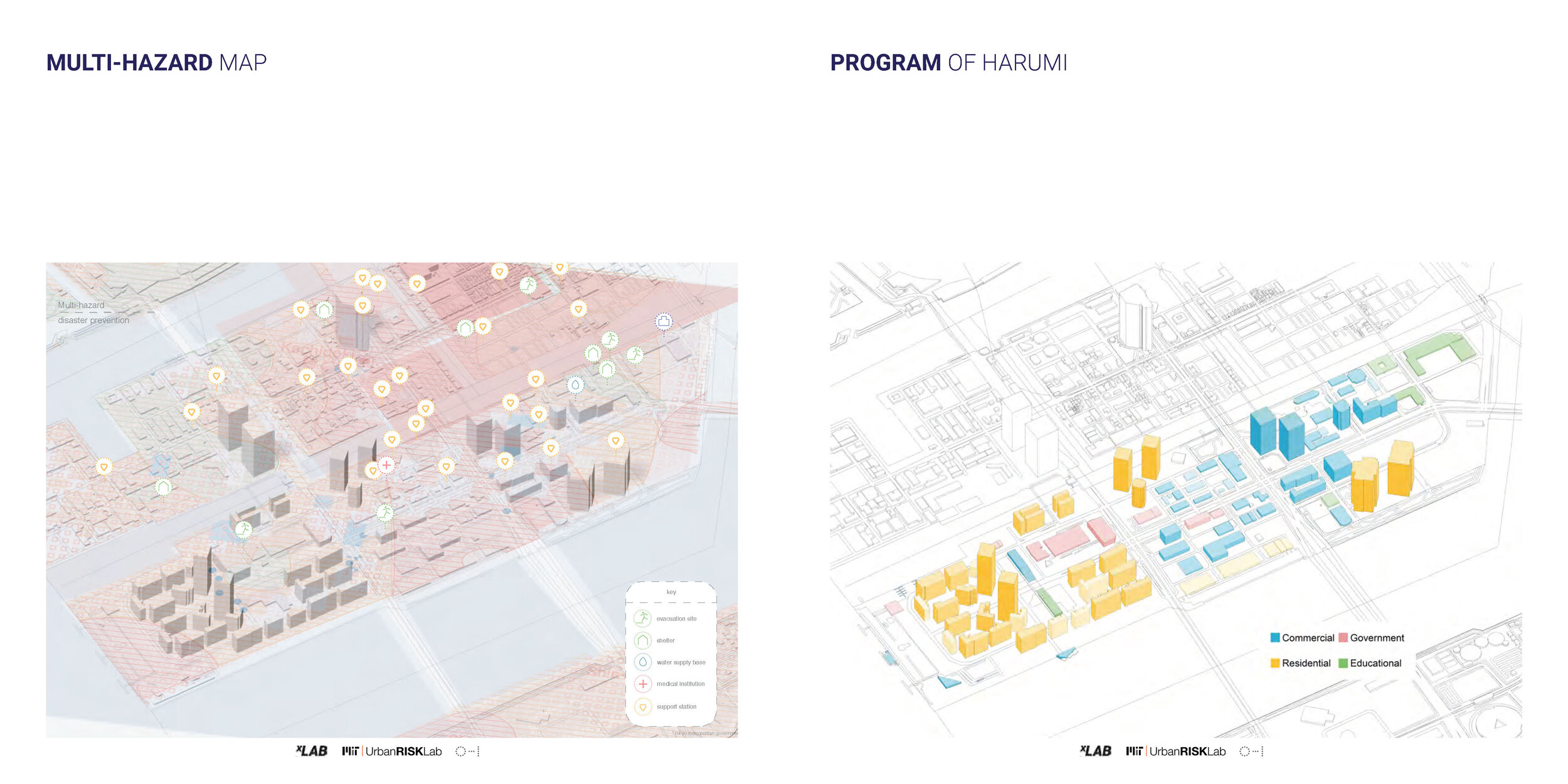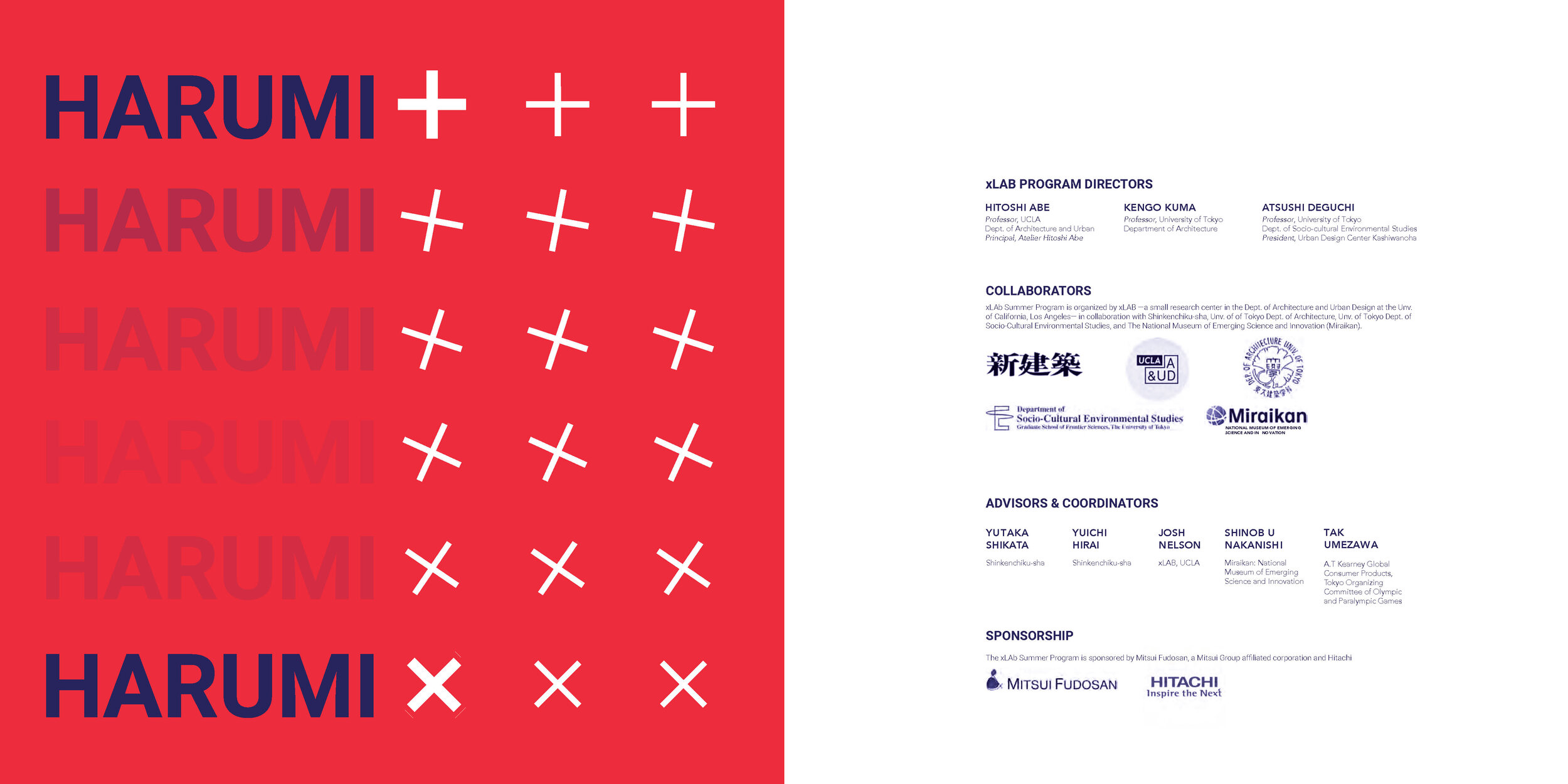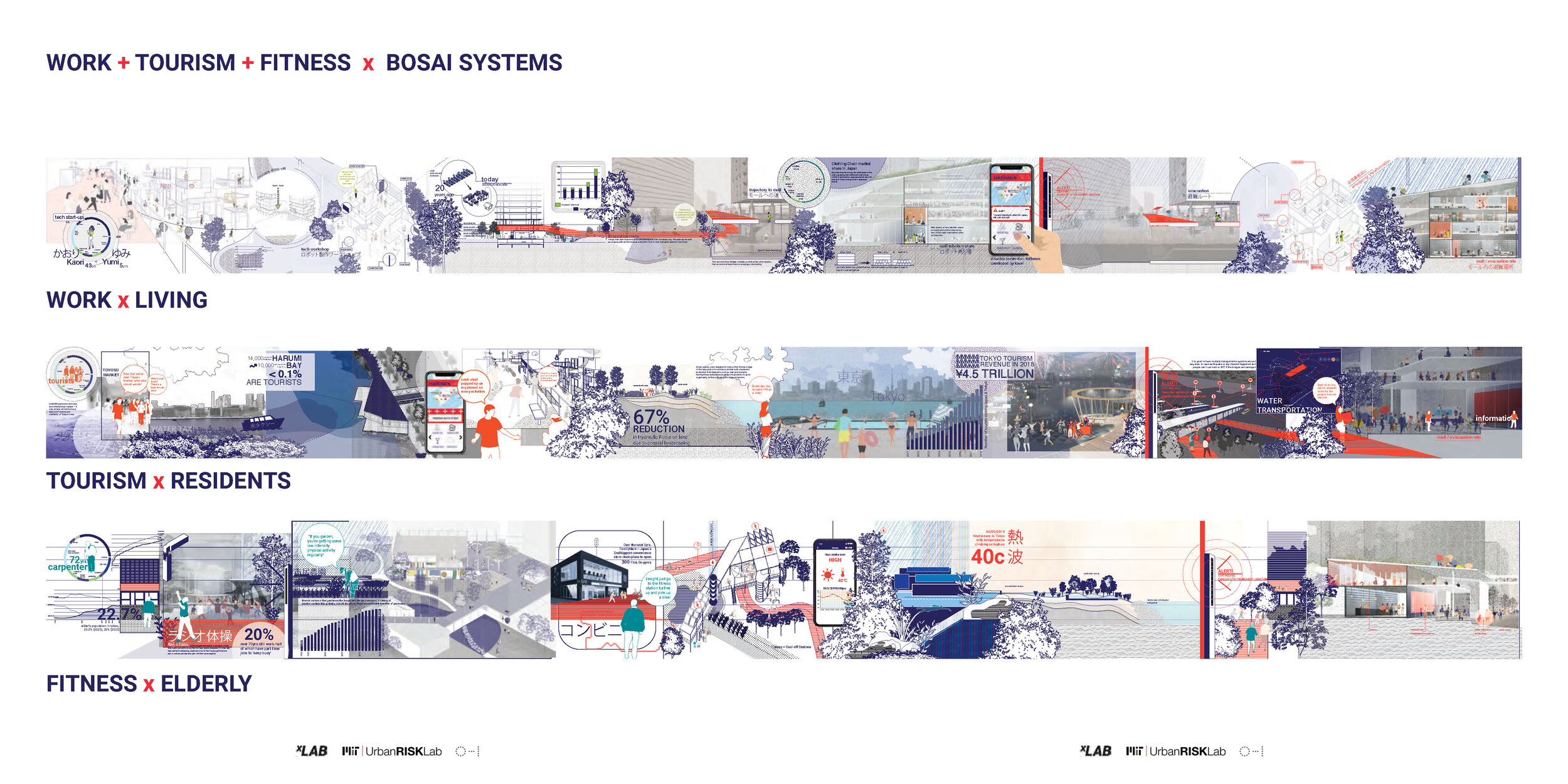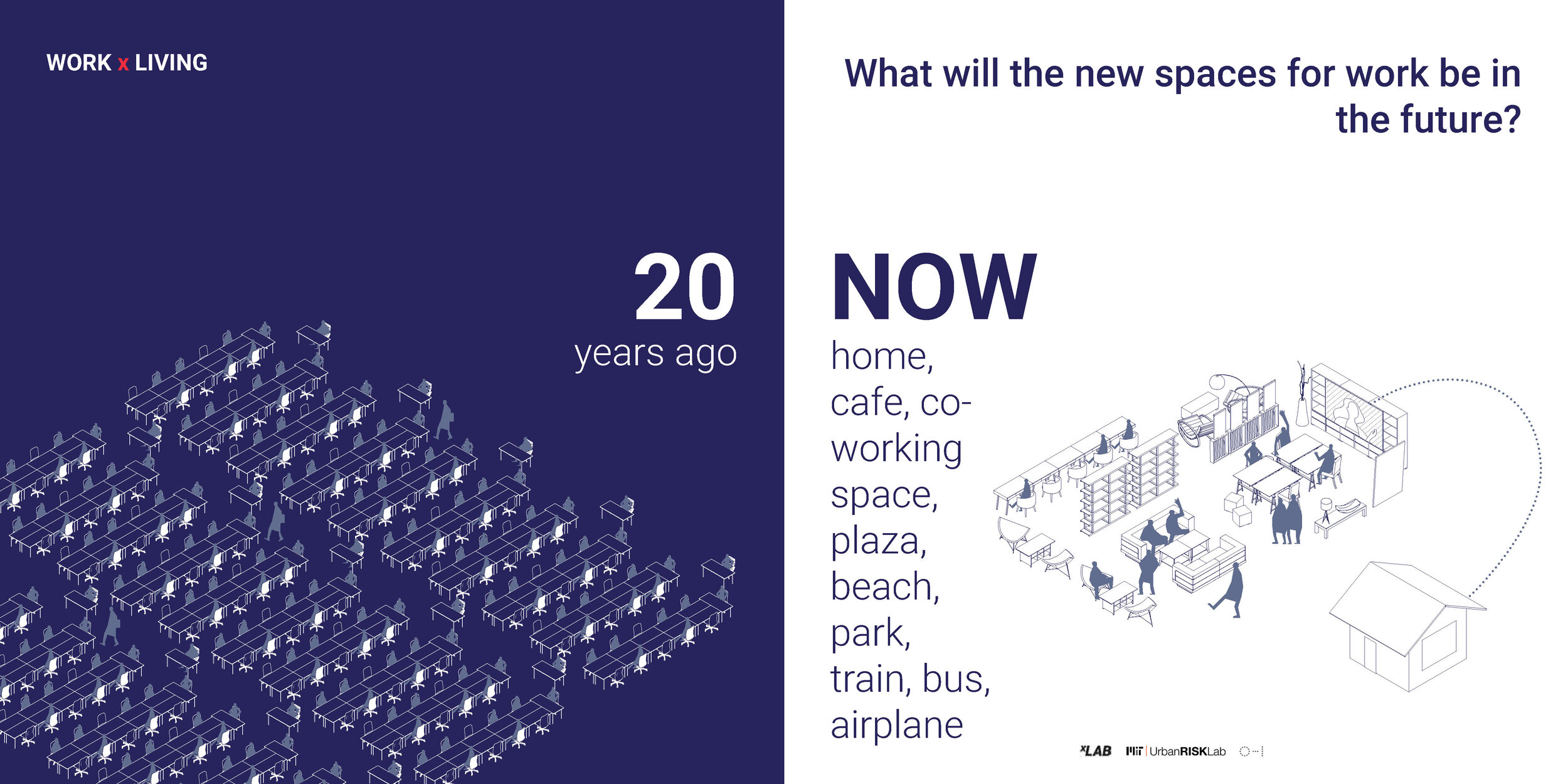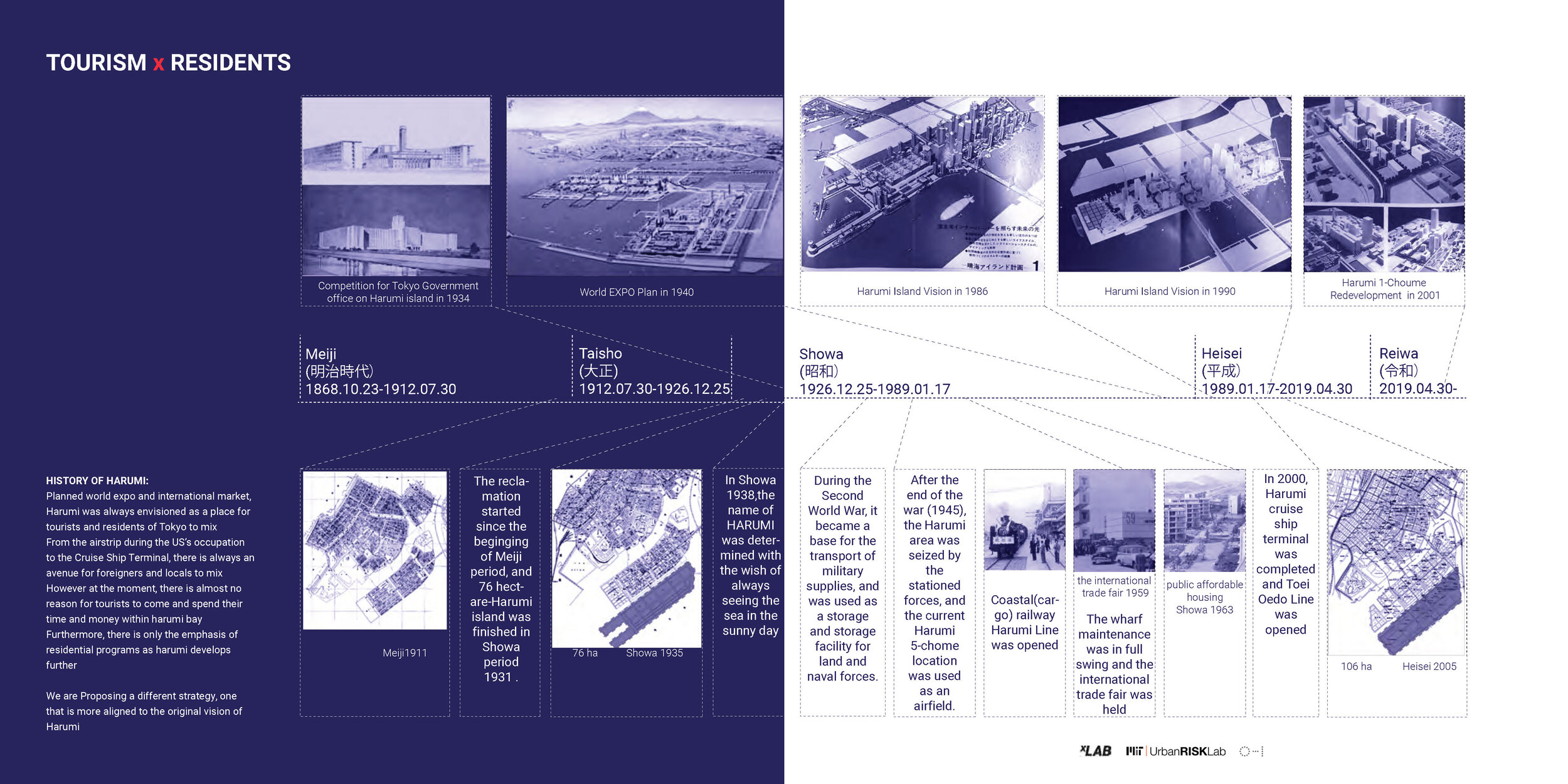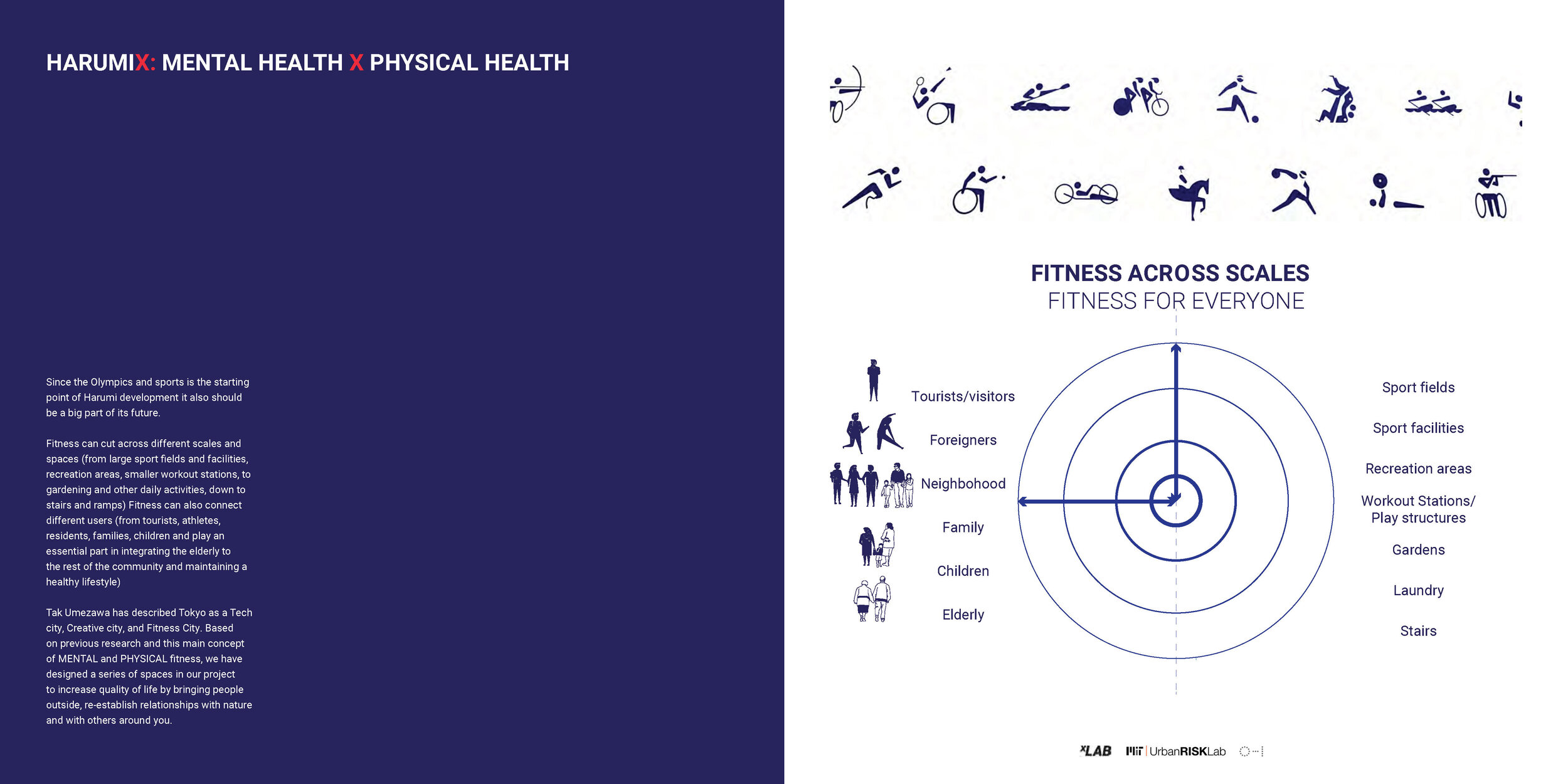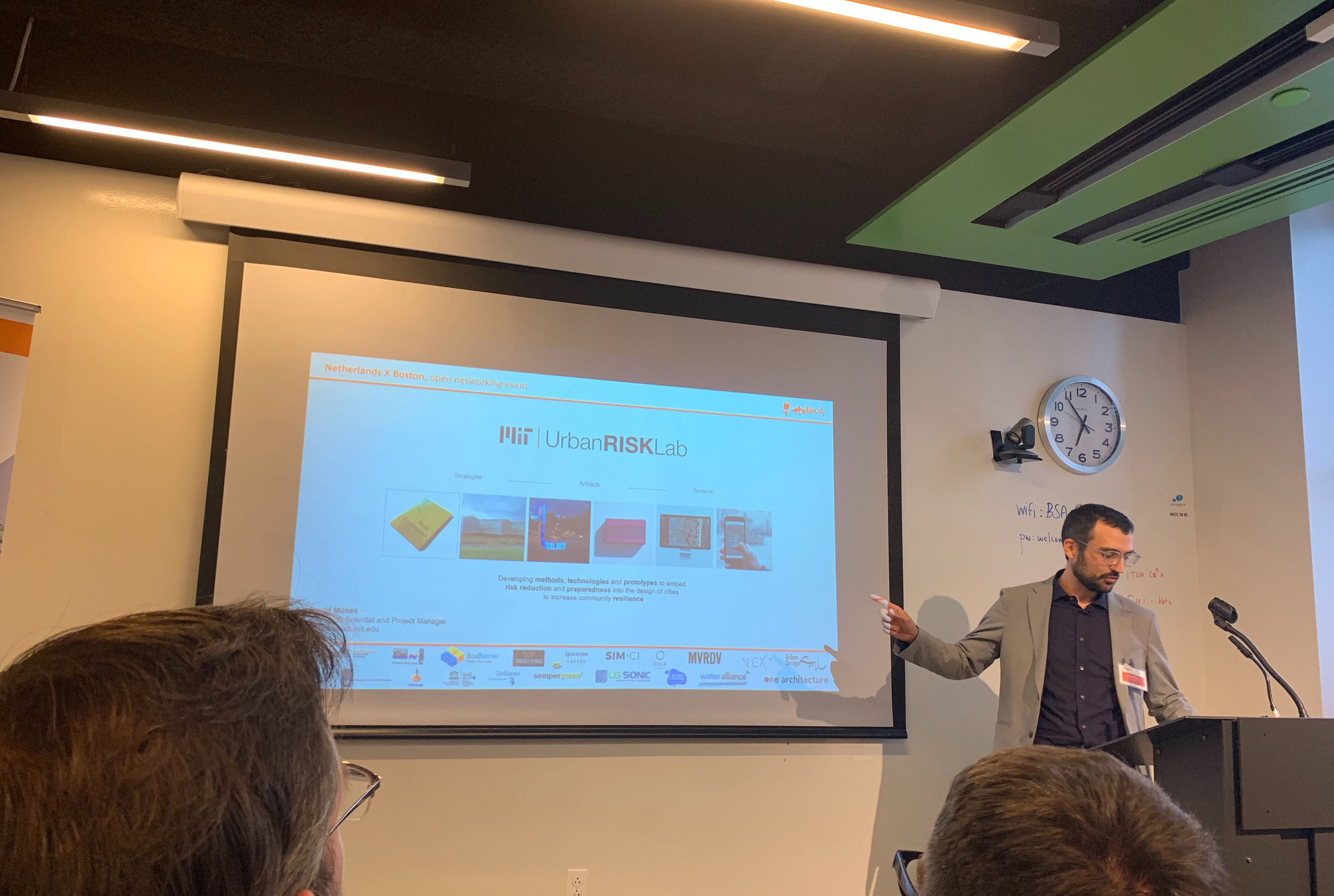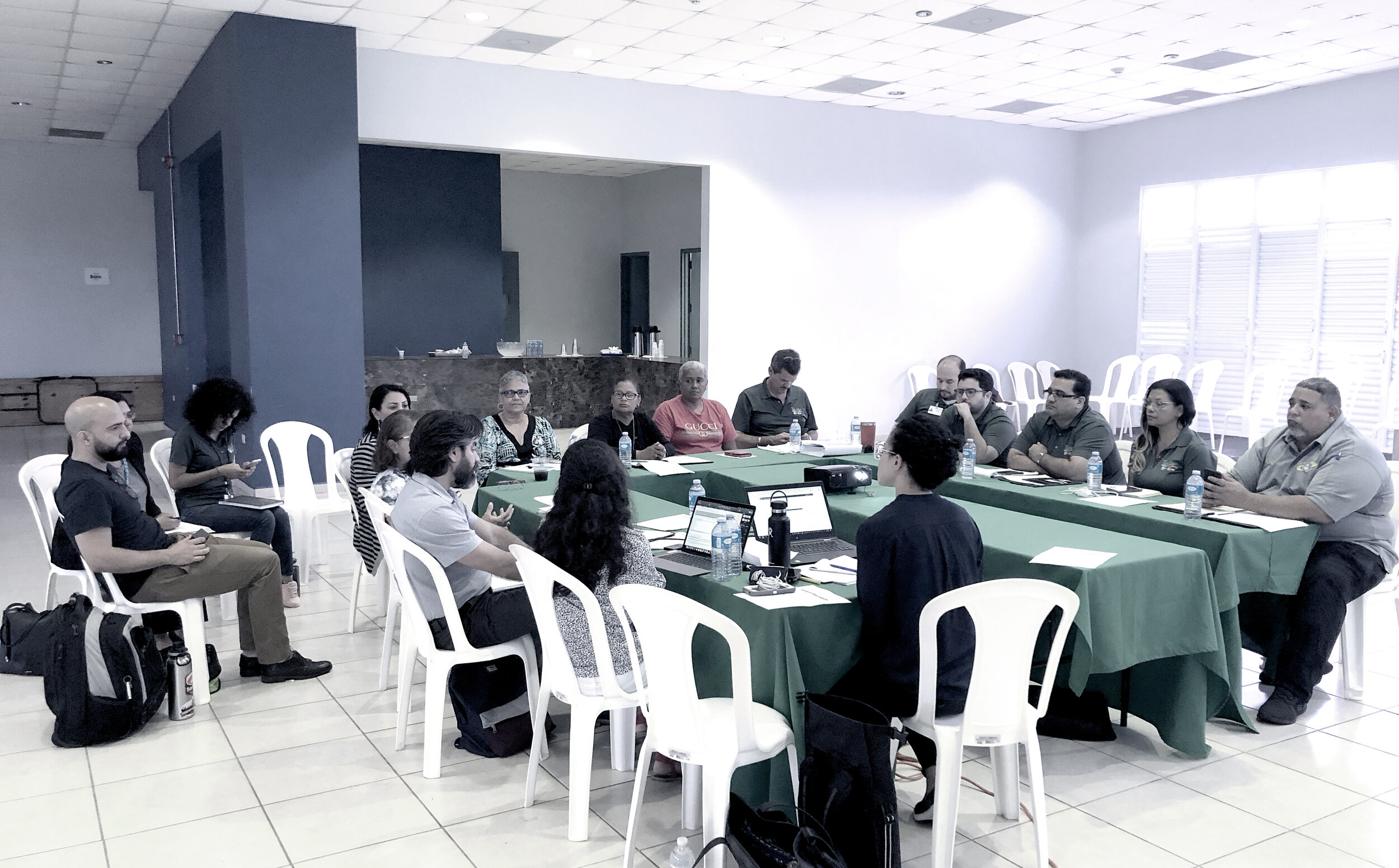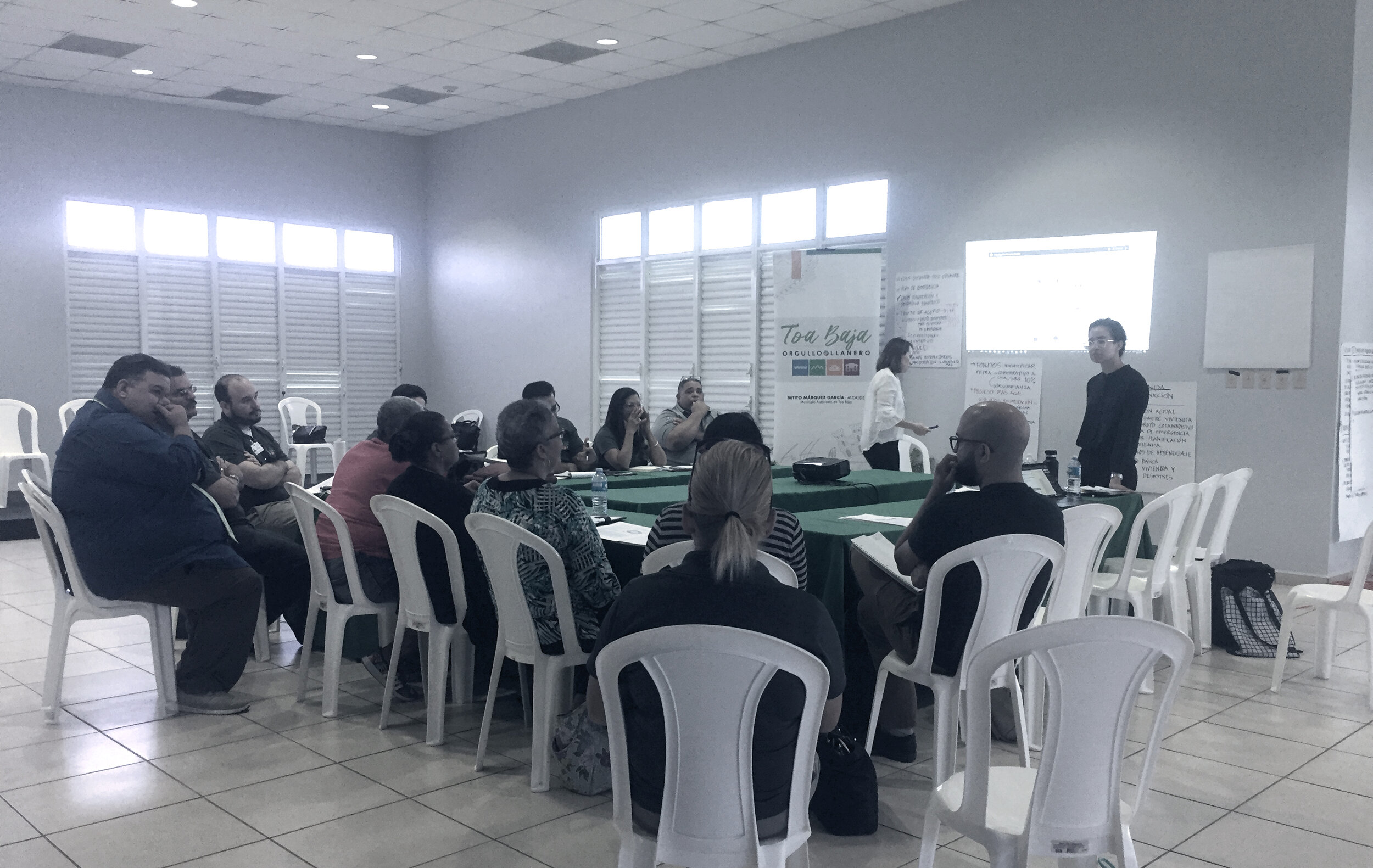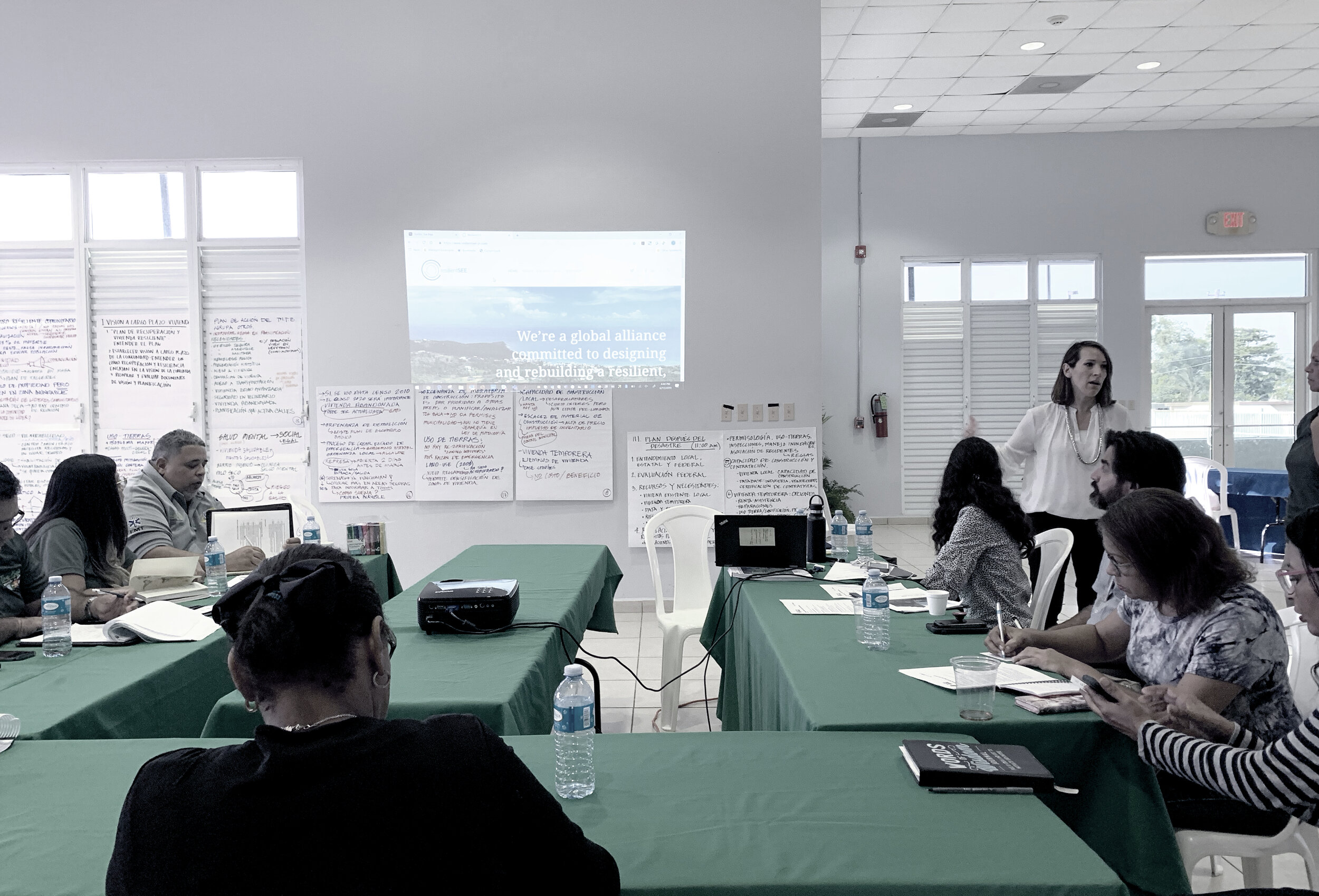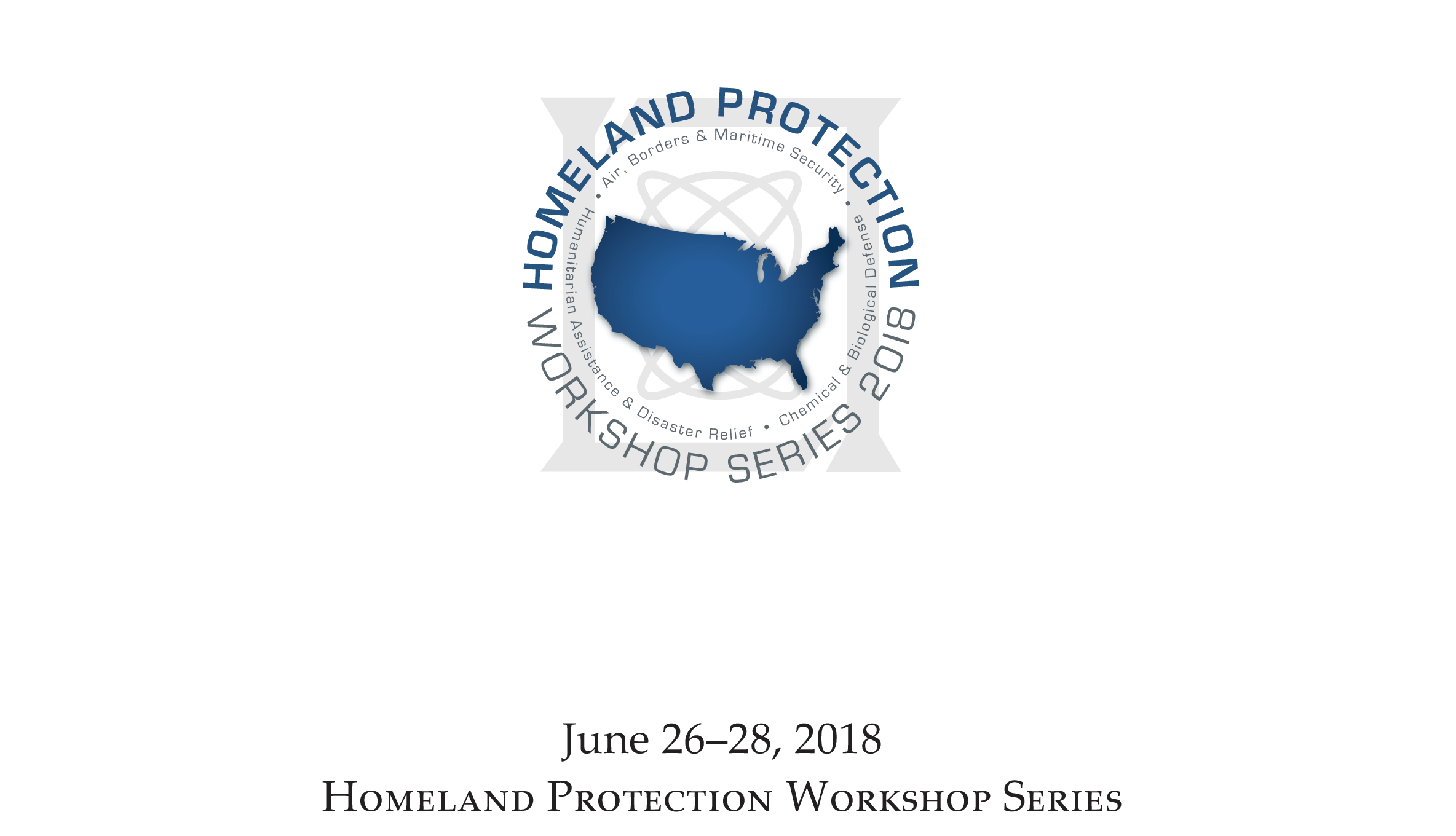The workshop will focus on existing public and collective spaces and how they can build resilience within their community. Social, educational, and cultural support networks that are tied to specific spatial typologies help build resilience on a daily basis, but can also be designed to function as important post-disaster anchors for the community. Public spaces meet the needs of everyday community life, but can also double as the main hosts for post-disaster activities. Embedding preparedness into the design of collective spaces to better function for post-disaster needs.
The workshop will study several typologies of collective spaces including: schools (with their adjacent parks and playgrounds), ‘comedores populares’ (communal kitchens), soccer fields (‘canchas’), park networks, plazas and churches. The workshop will engage with the main actors of these spaces through a series of site visits, meetings and collaborative design charrettes to better understand their complexities, needs and potential.
FIELD WORK & SITE VISITS
The field trip worked to understand different modes of appropriation, function and self-management of some collective spaces in northern and southern Lima; and to learn from people how they are prepared for some physical vulnerabilities.
Beyond a simple view of a “informal development” of these barrios, the public infrastructure of these neighborhoods, most of them planned, have an important role in each community. Those public facilities are schools, cuna-más (kindergarten), soccer fields, community locals, and parks in which neighbors, children, students and families gather. Each space is self-managed mainly by communal endeavors and improved by collective fundraising.
FITECA - Proyecto Fitekantropus / Communal center, library, and shared kitchen.
PREVI / Housing projects, park, and school
VES - Villa de Jesus School / School, Earthquake preparedness, park
VES - Superblock / Shared kitchen, Cuna Más, Communal center (Yellow building), and park
VMT - Virgen de Lourdes / School

